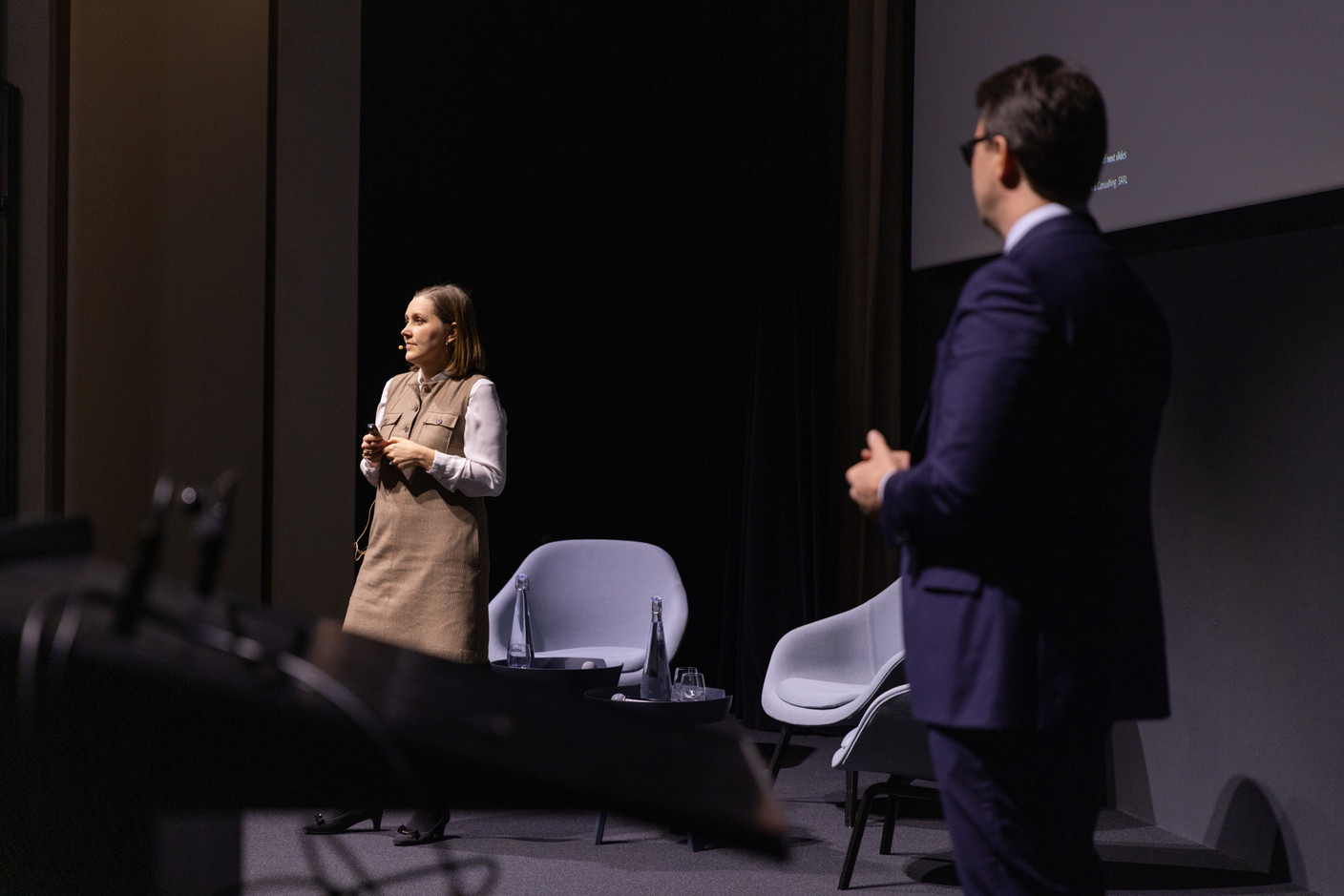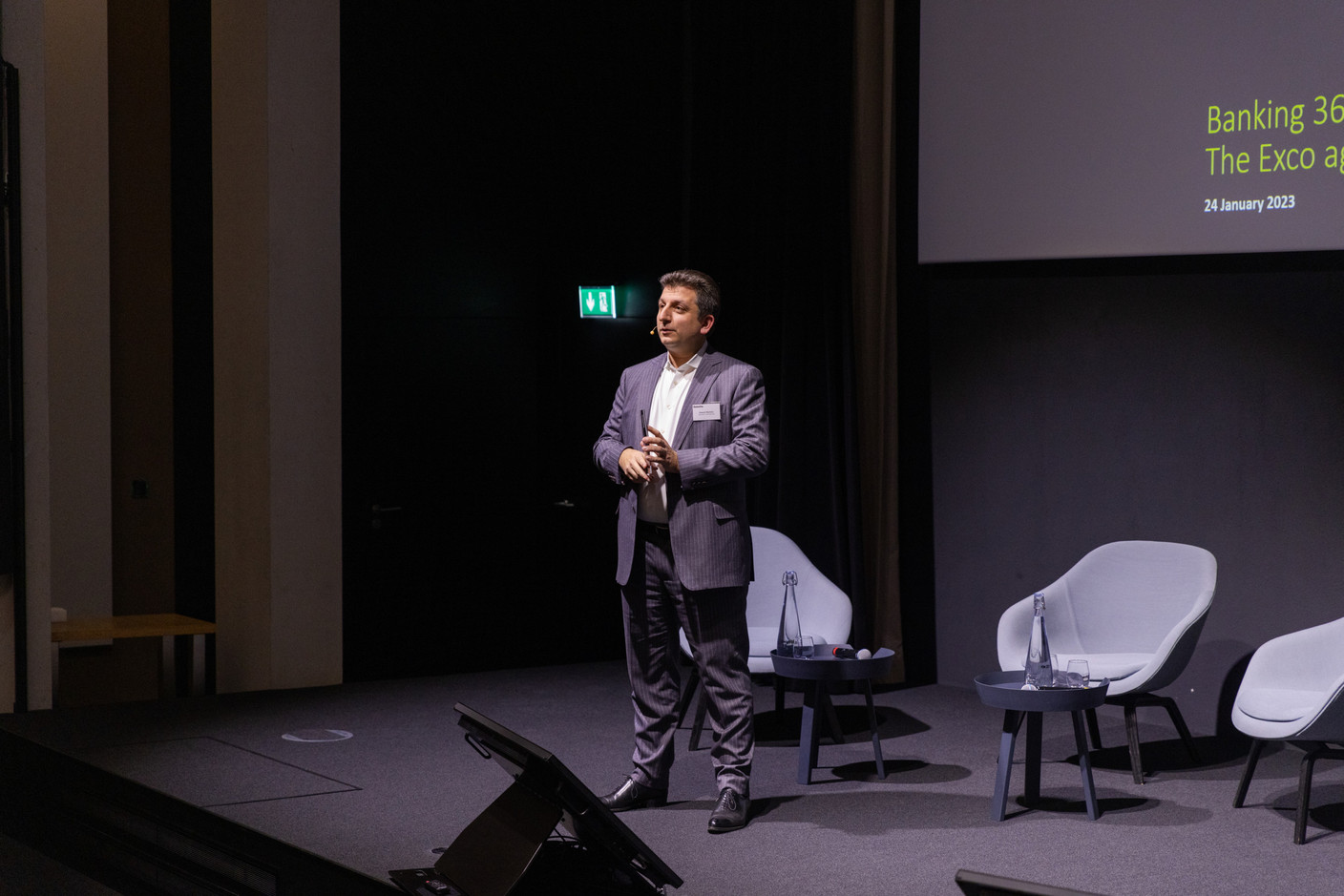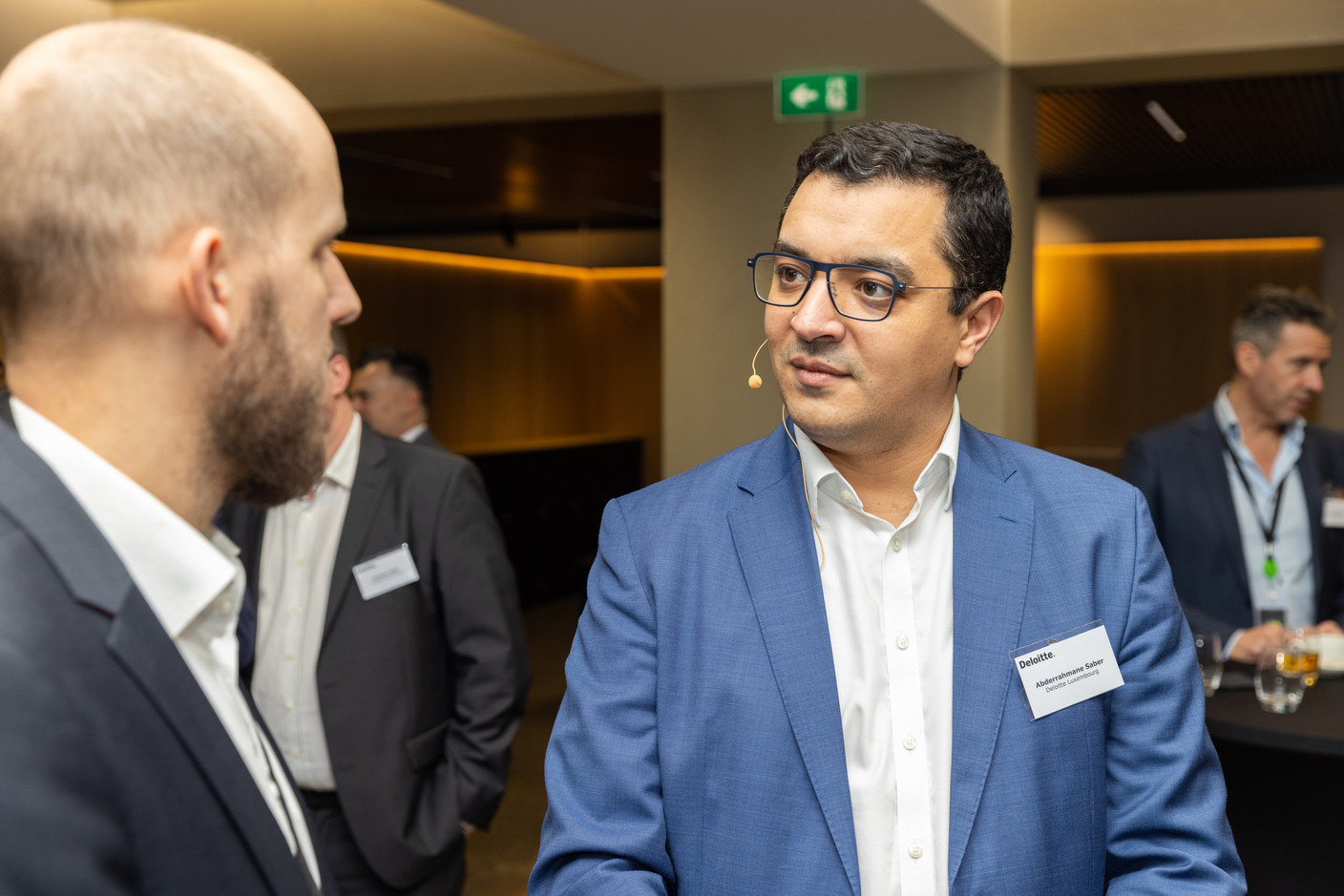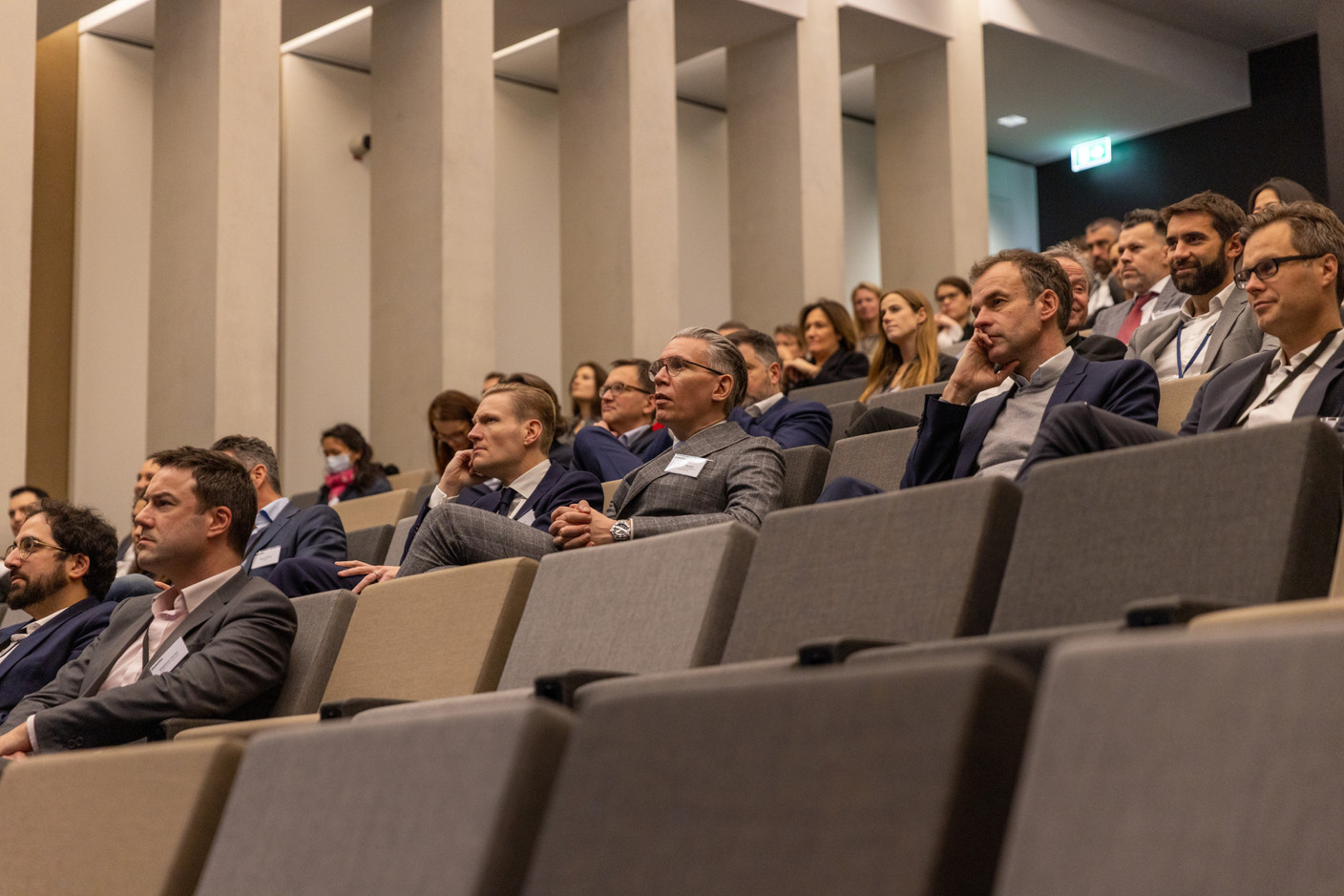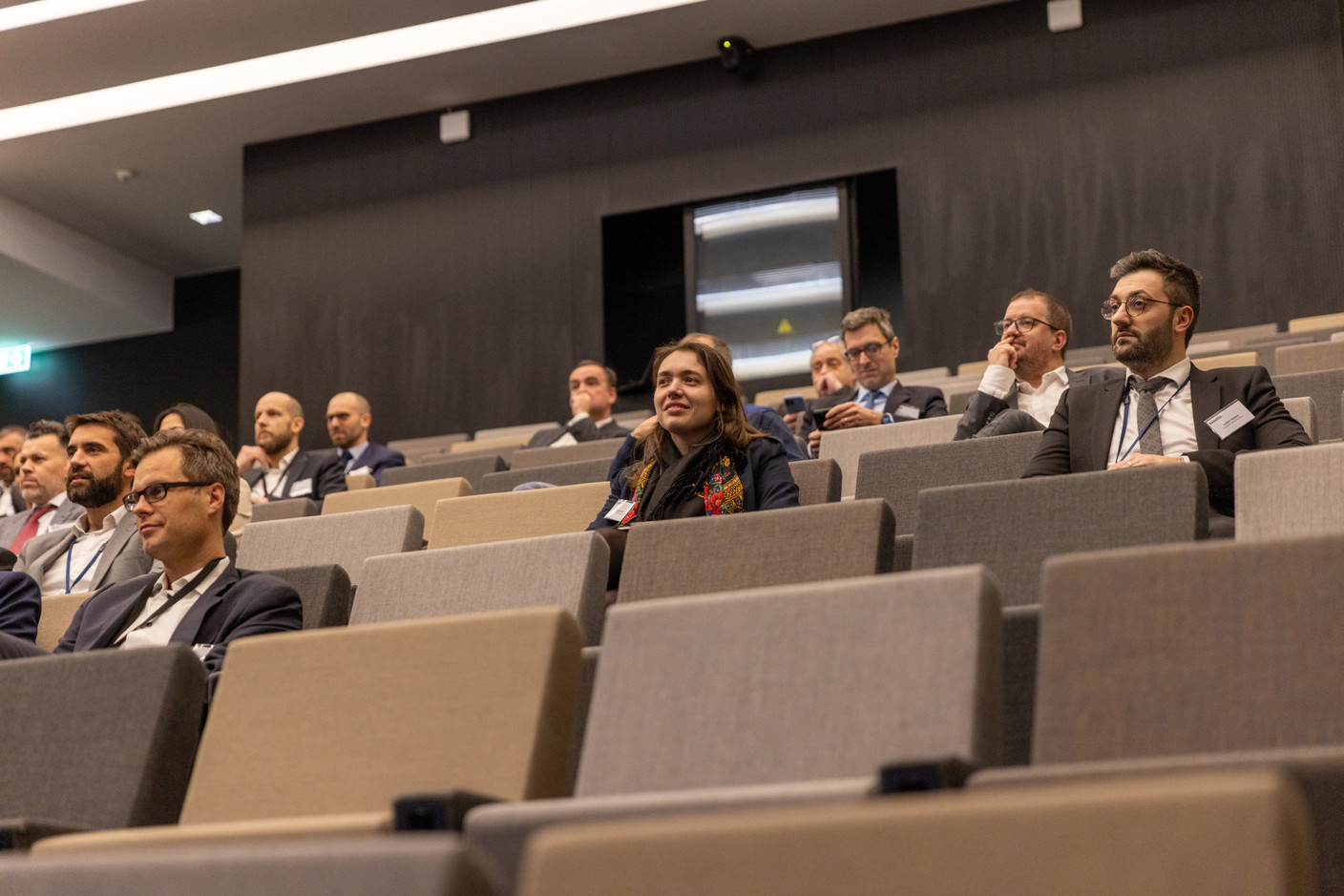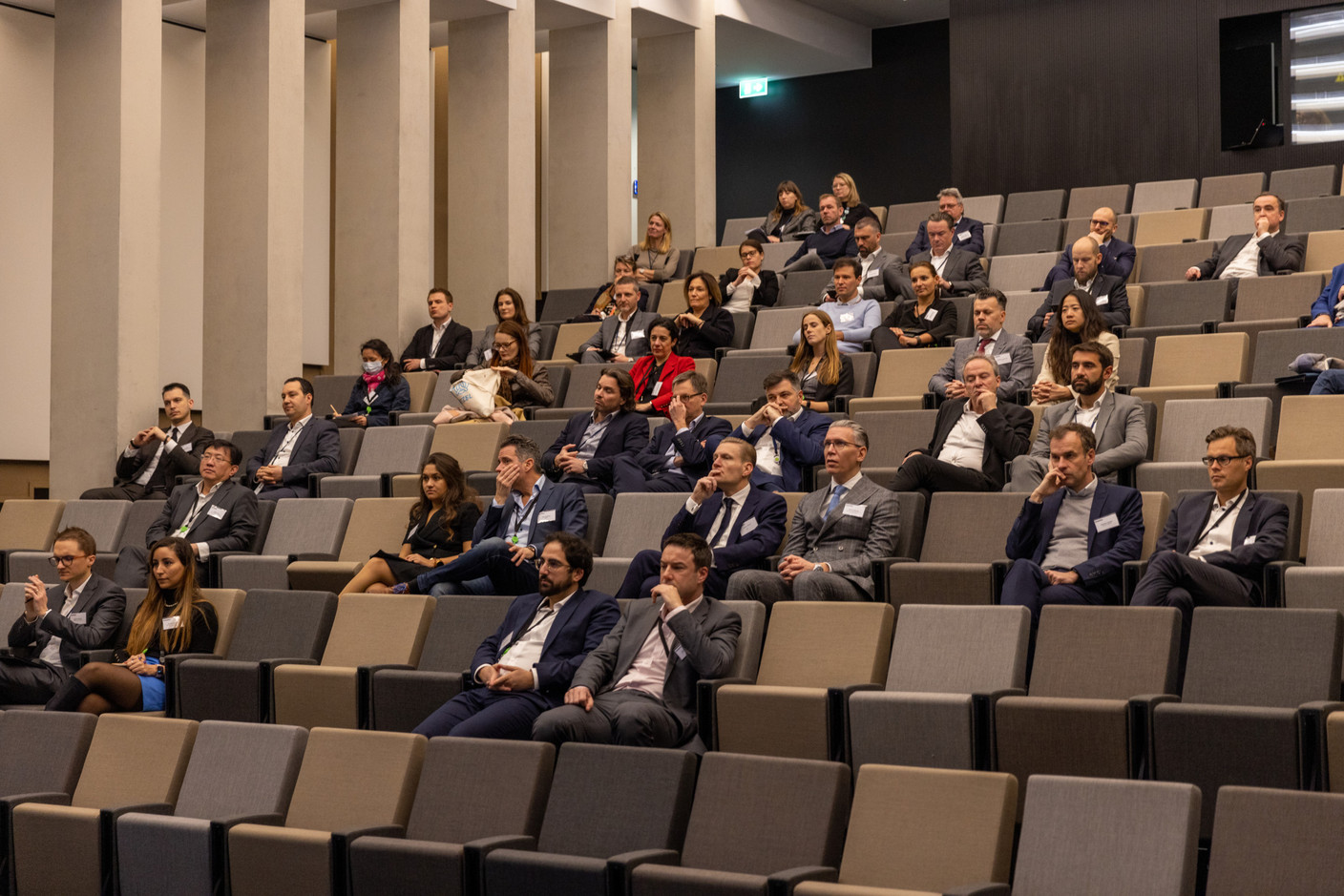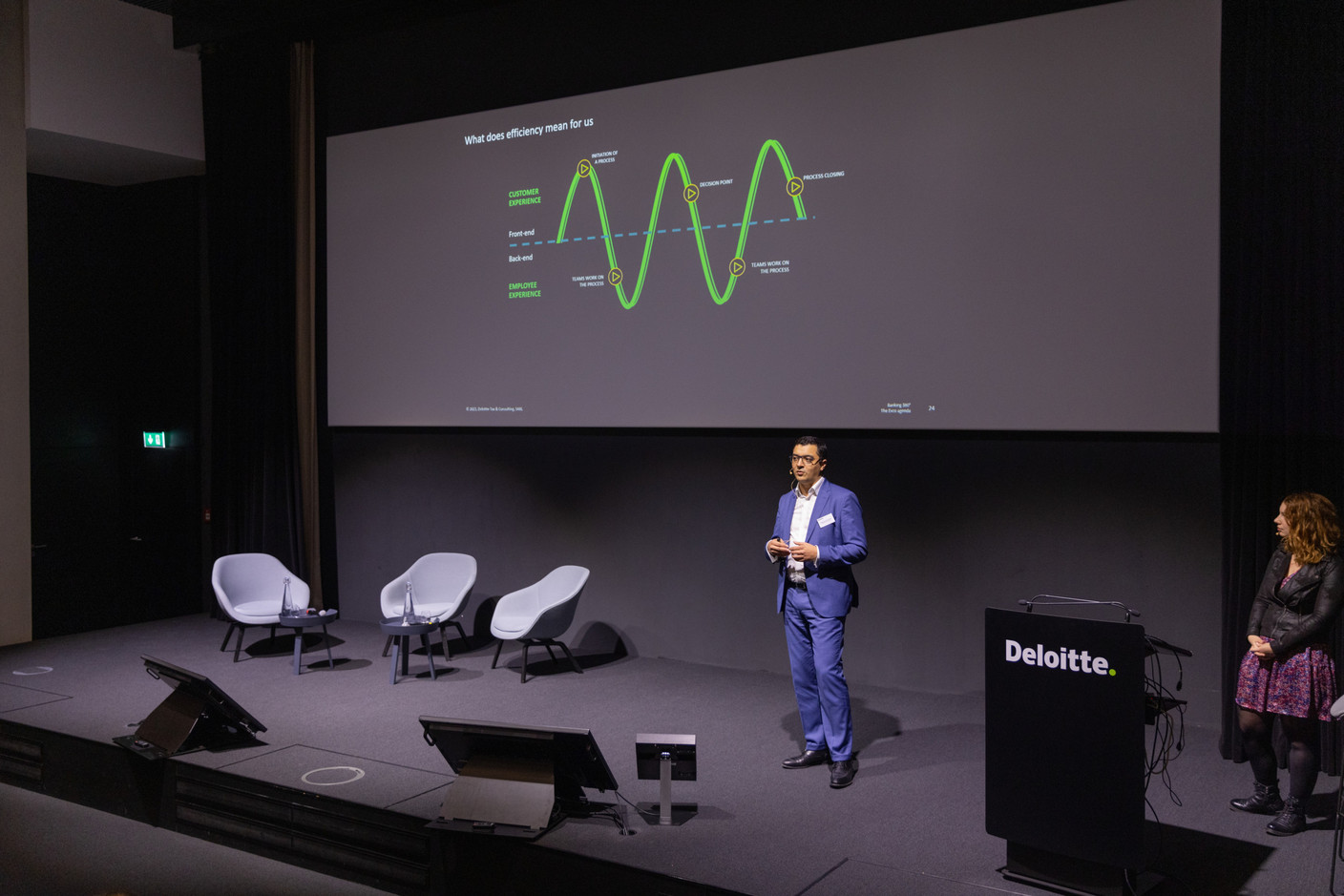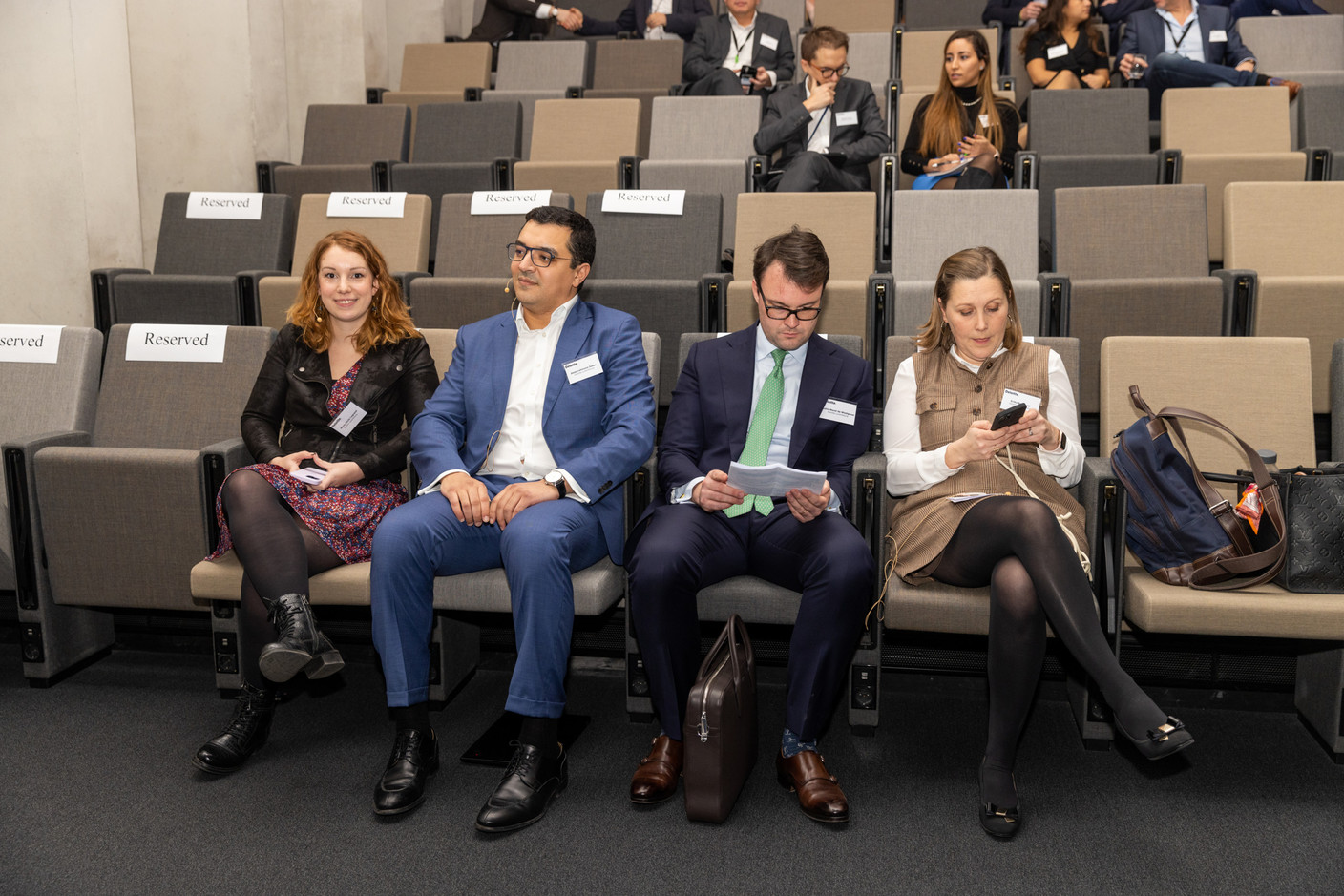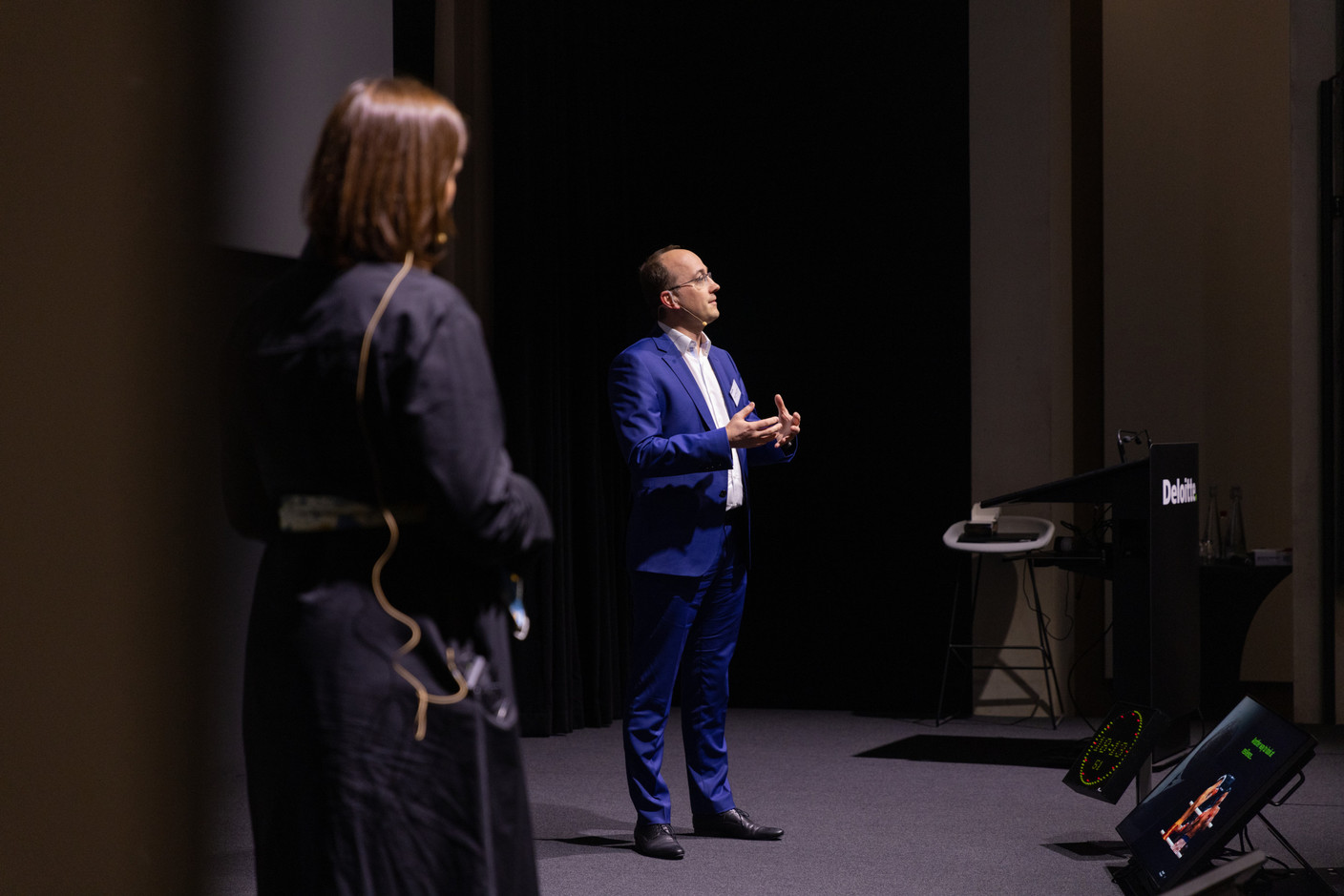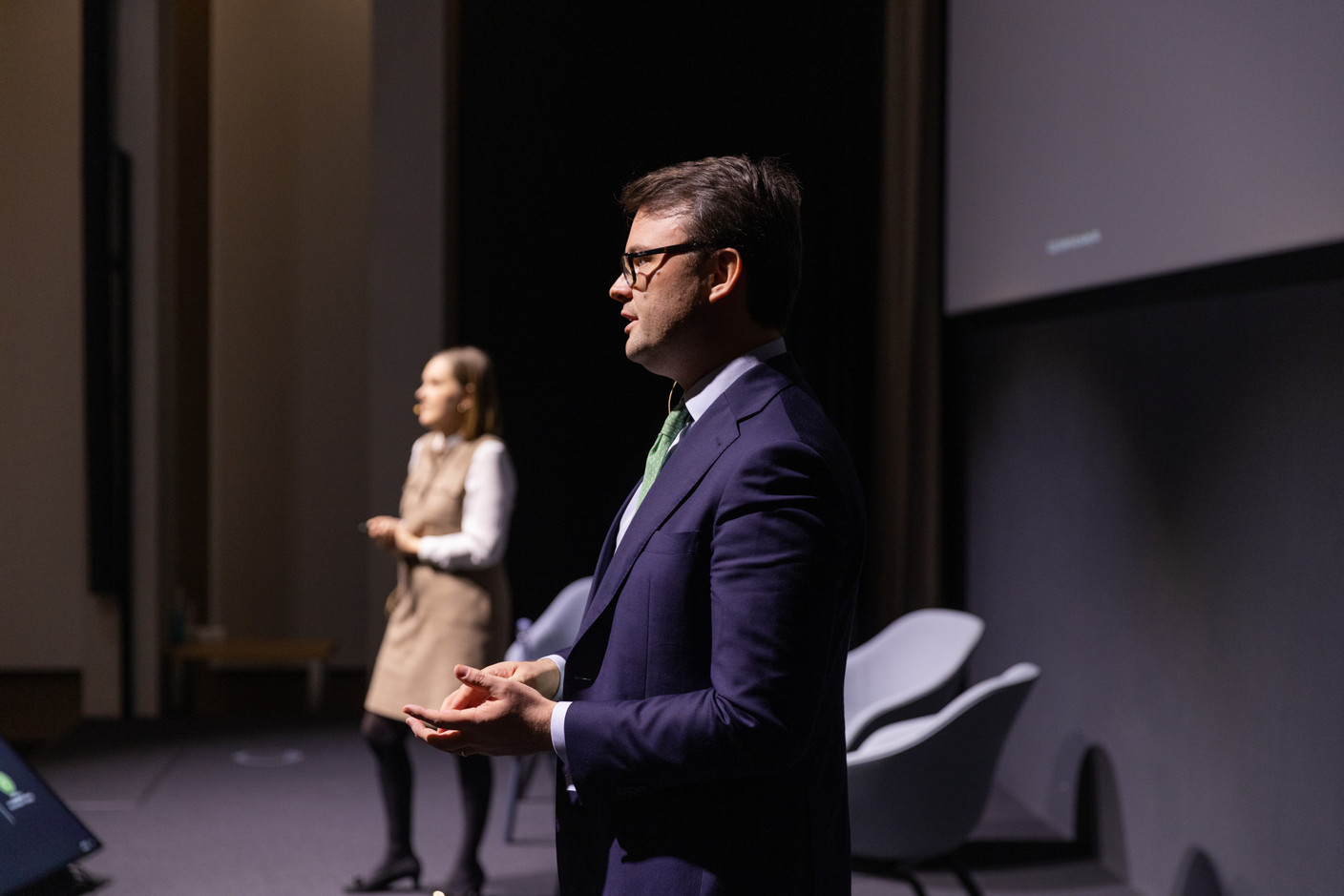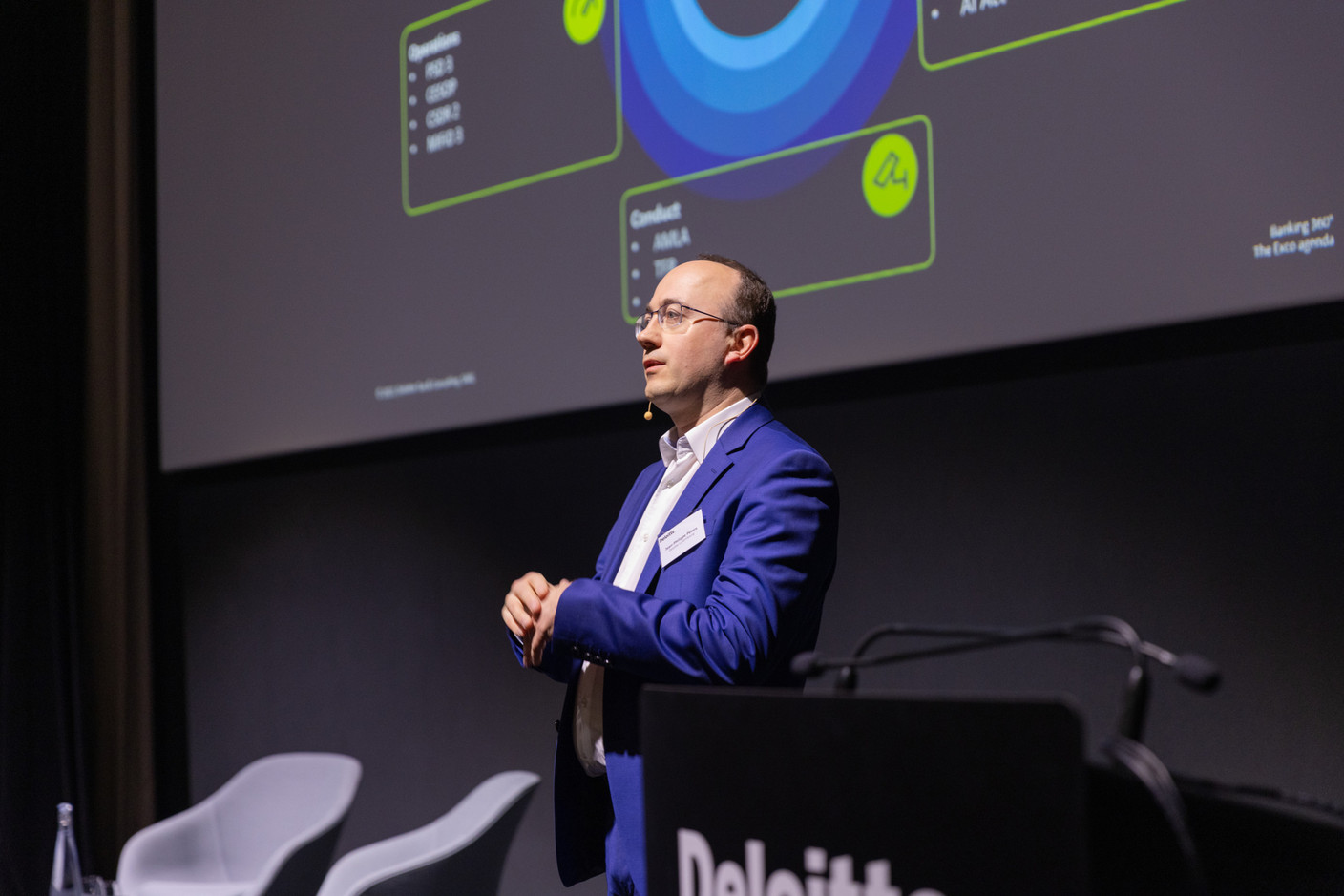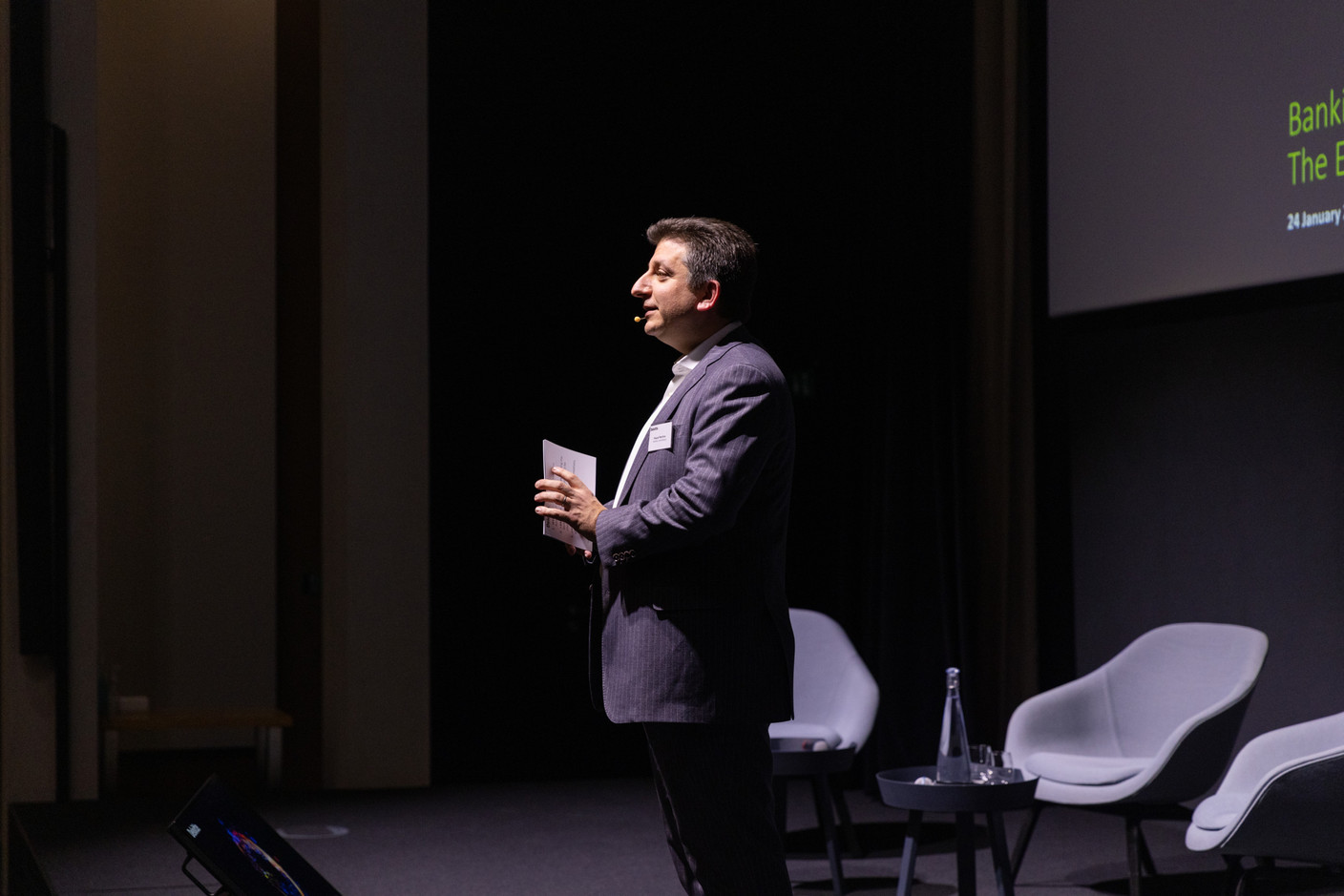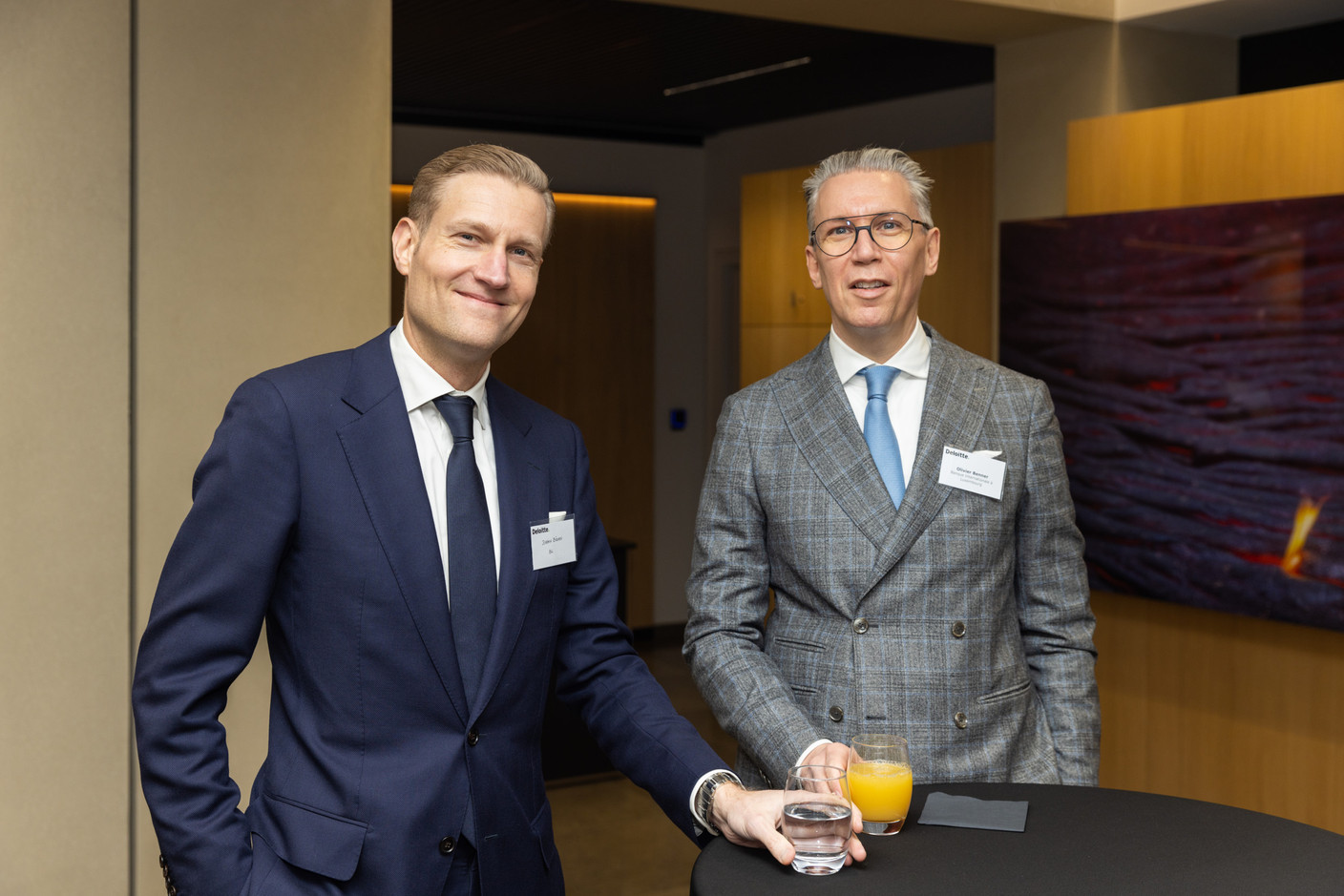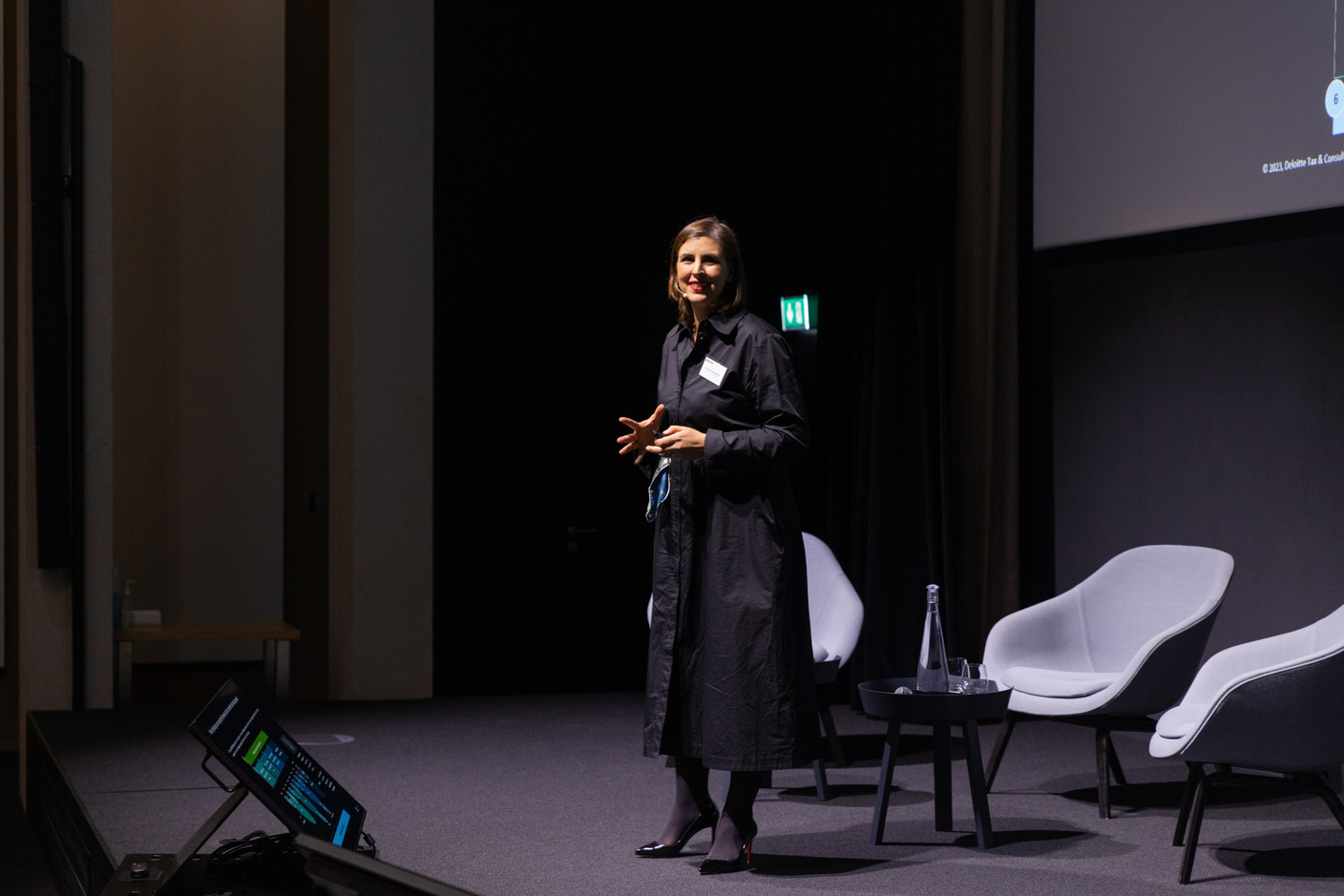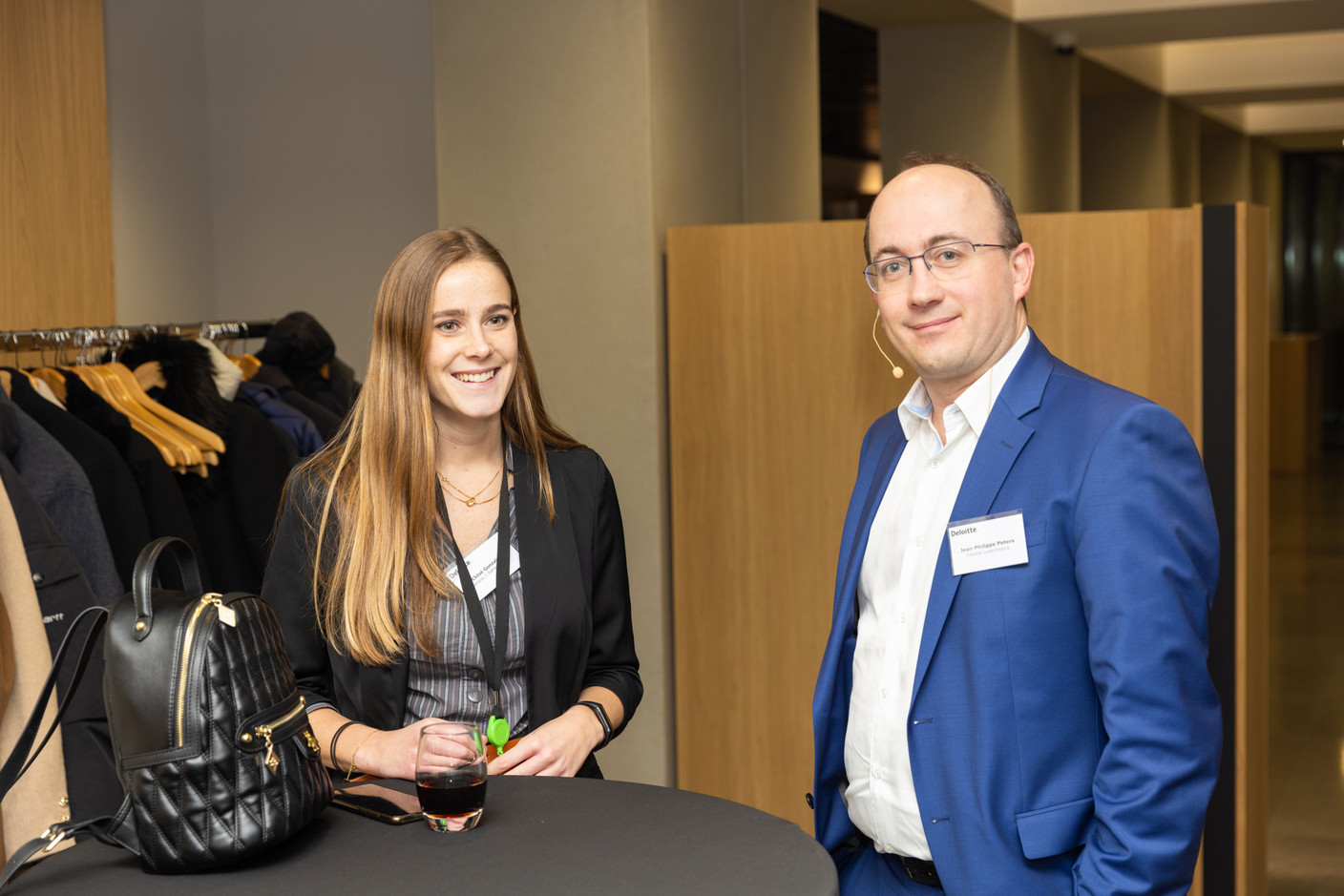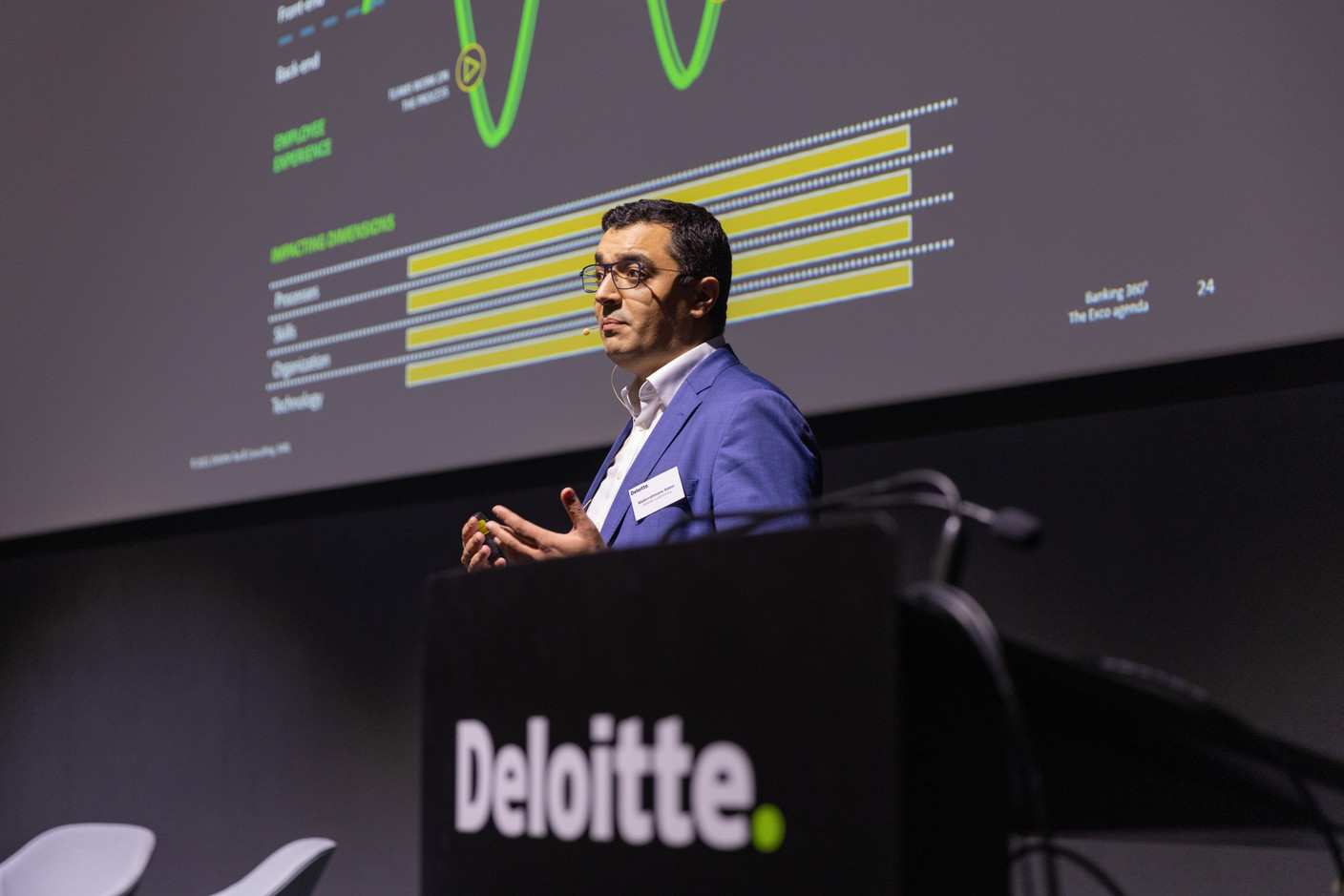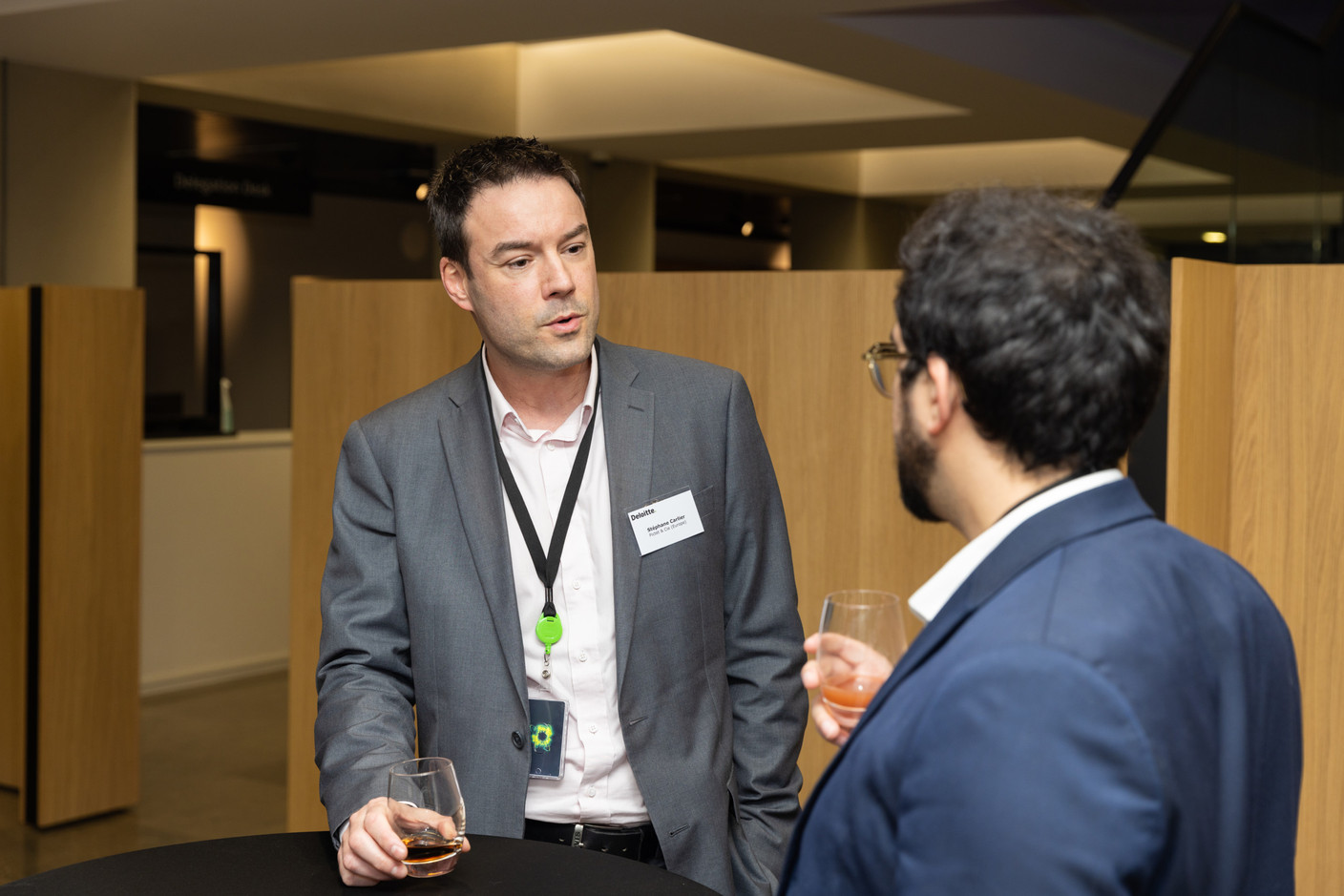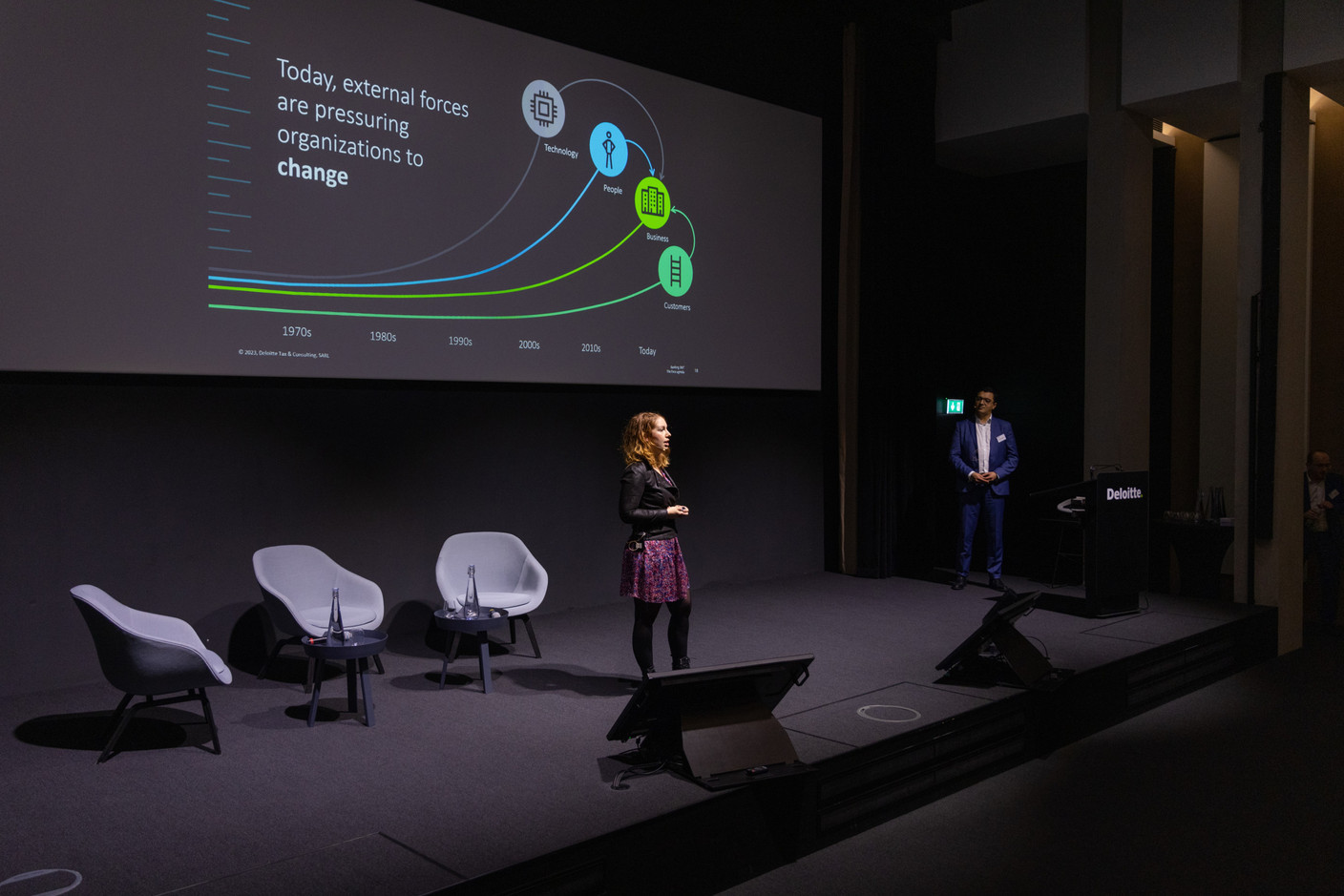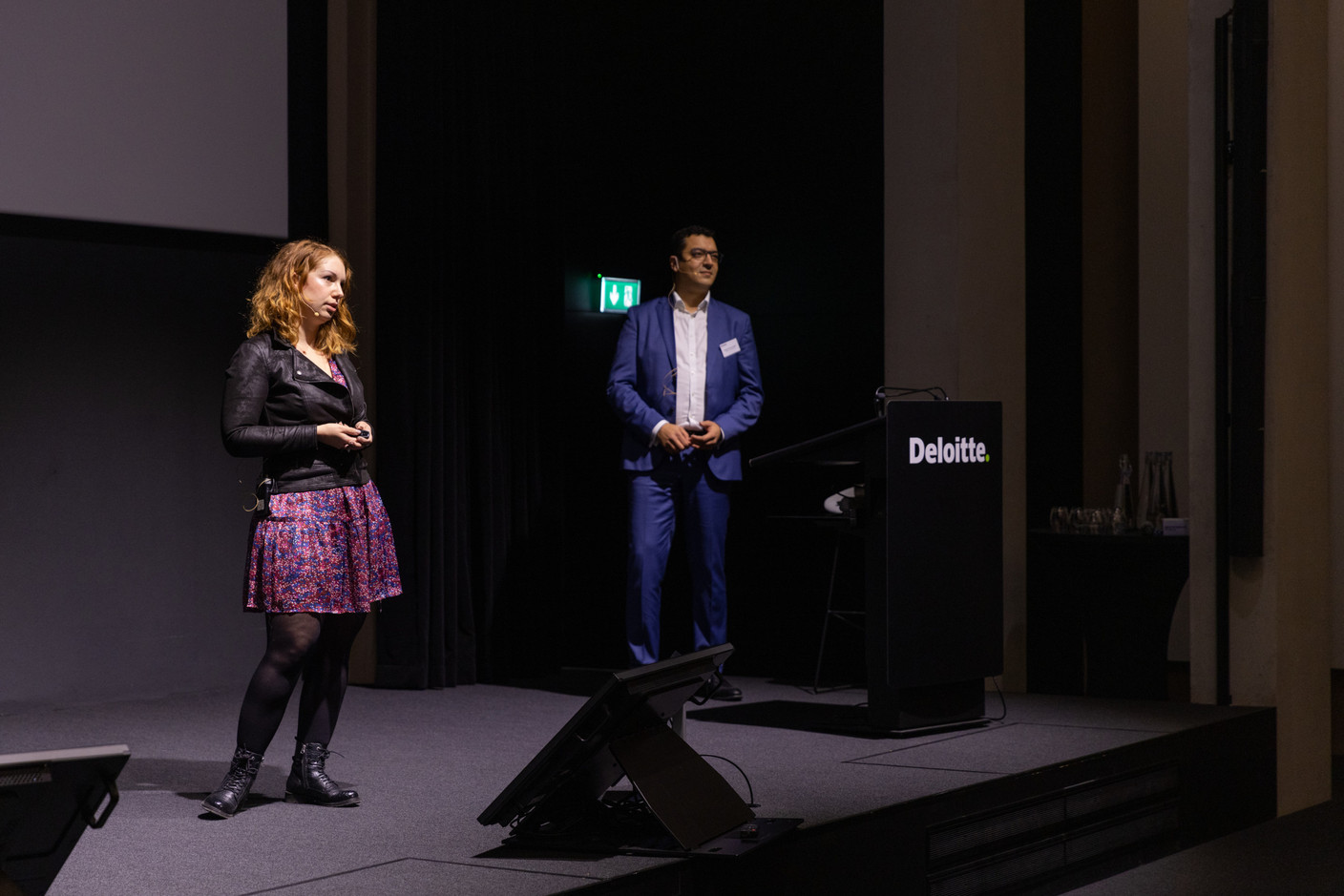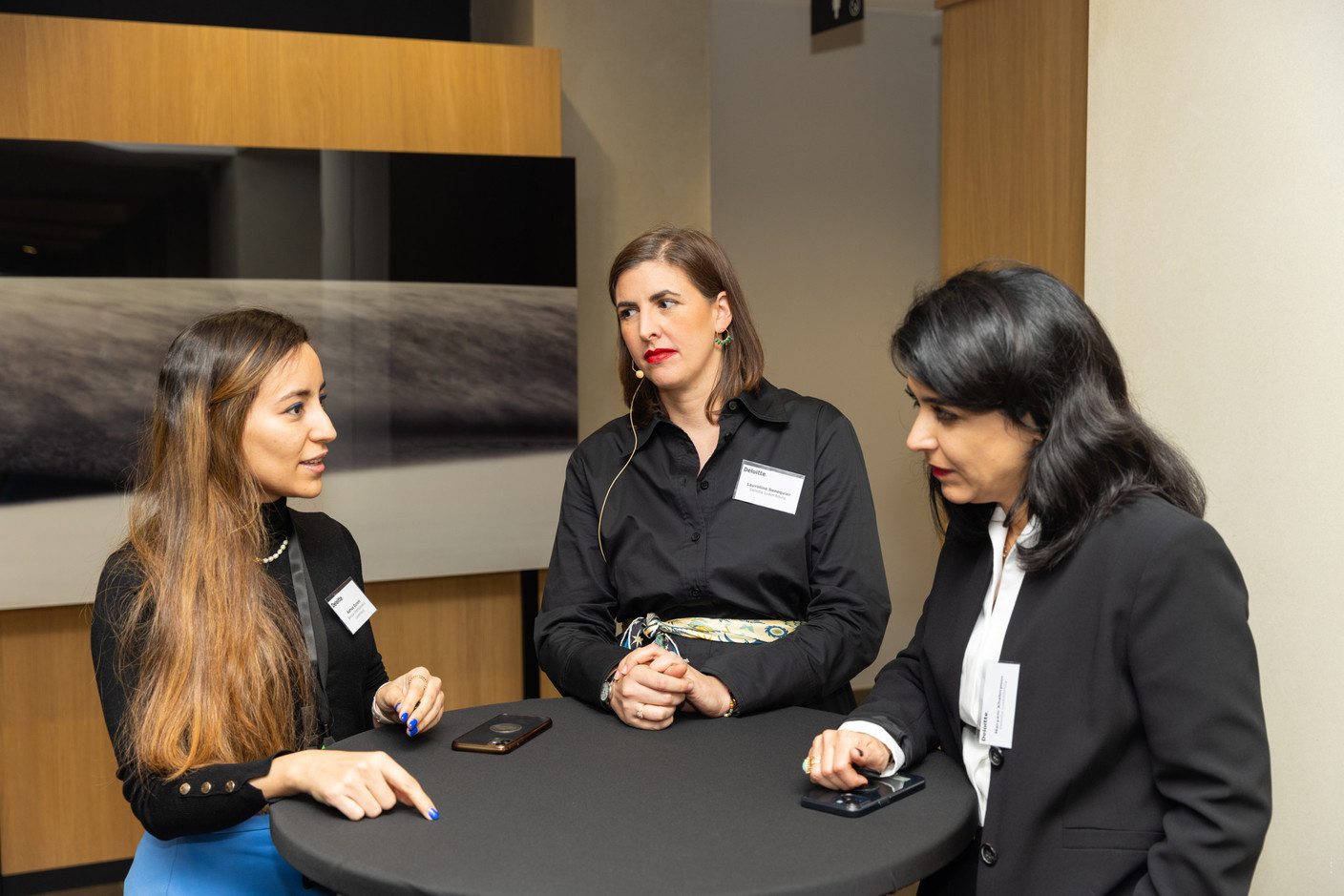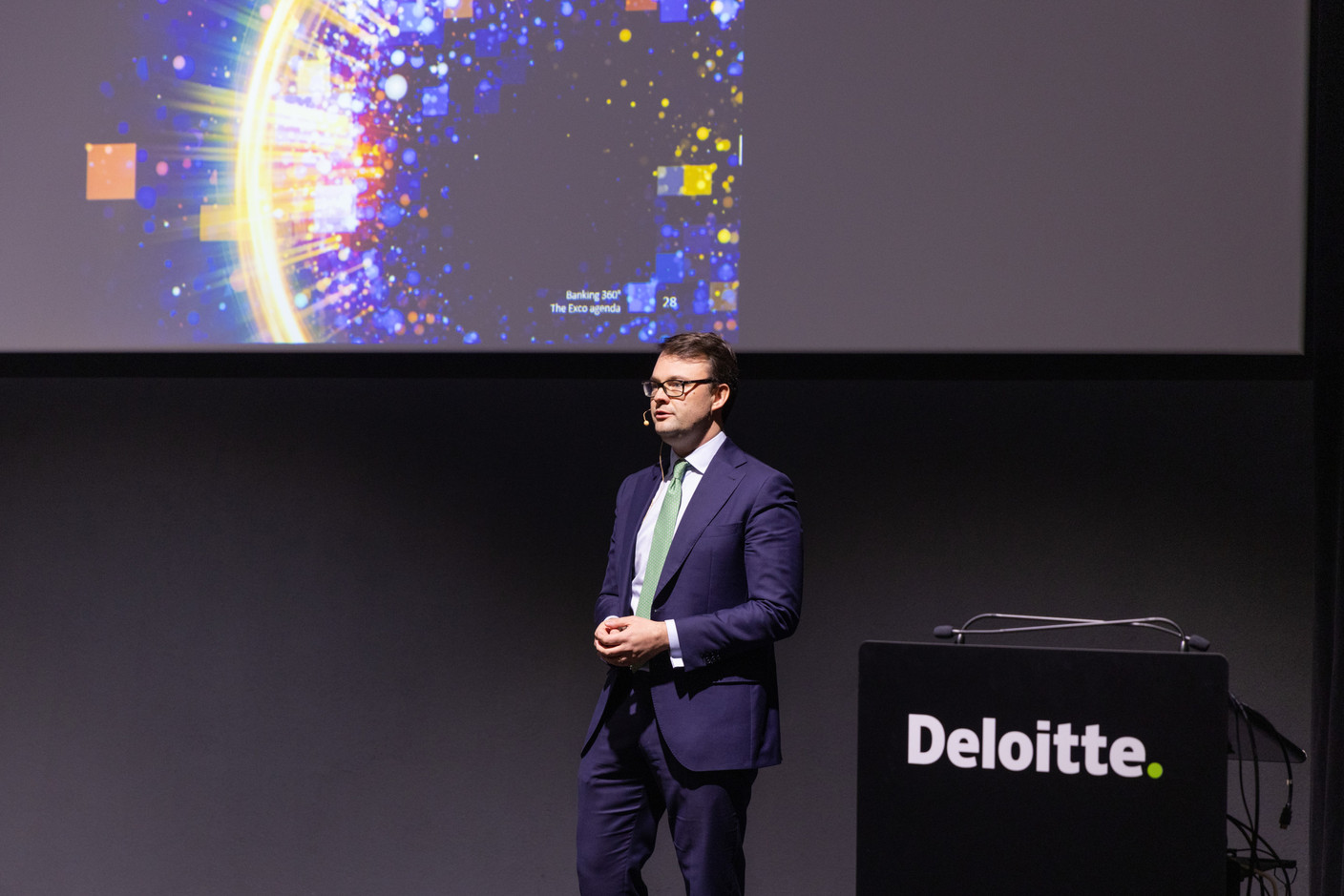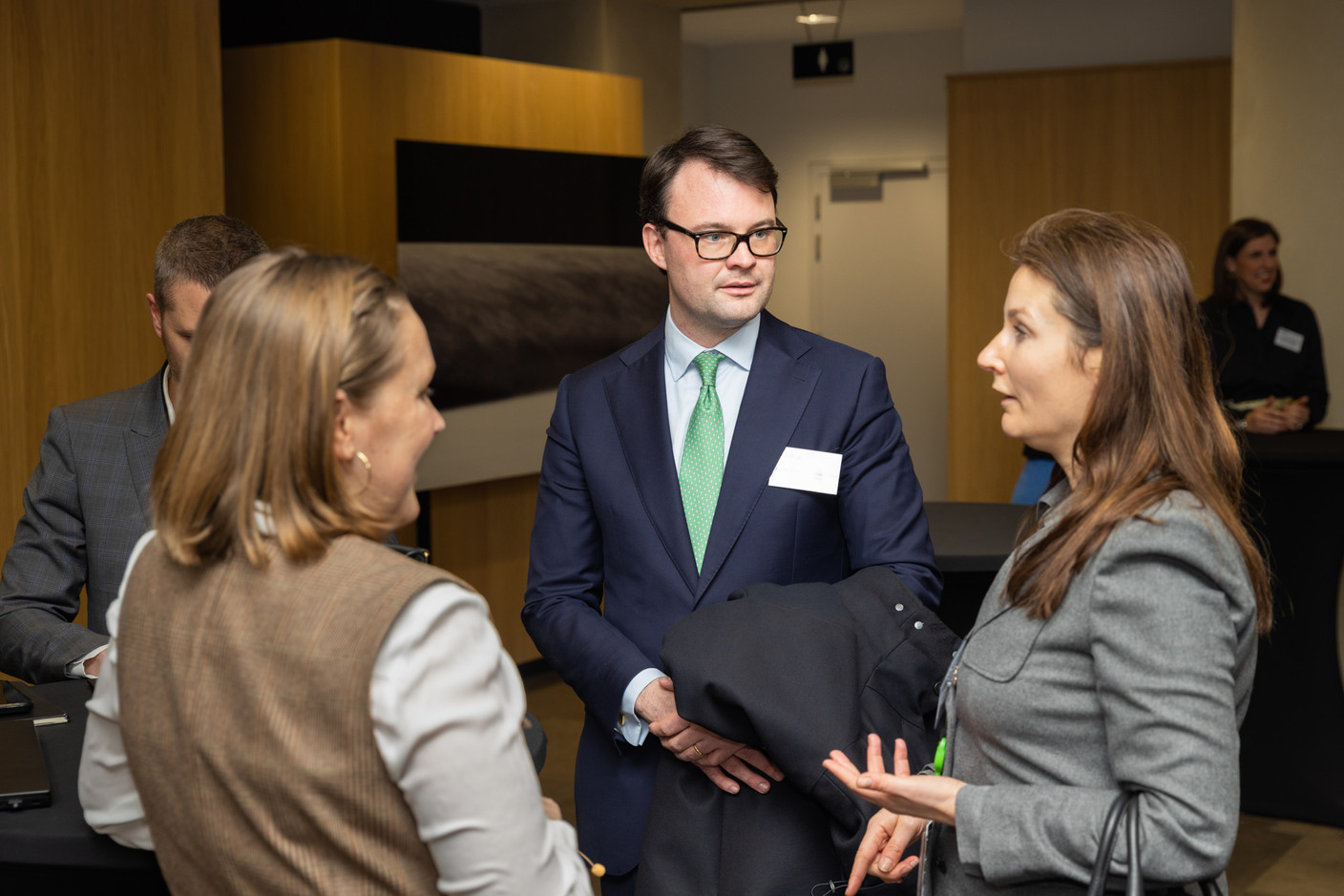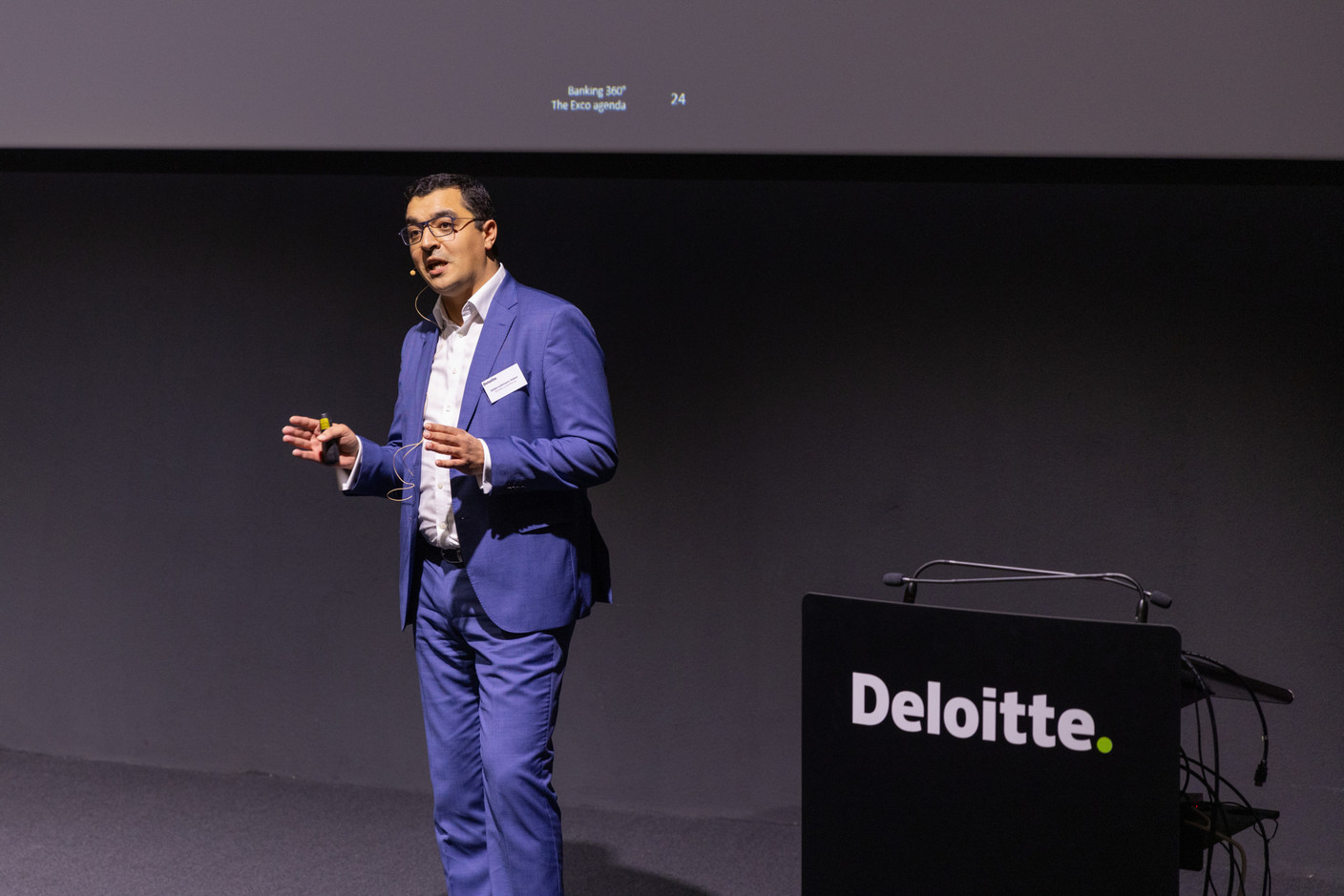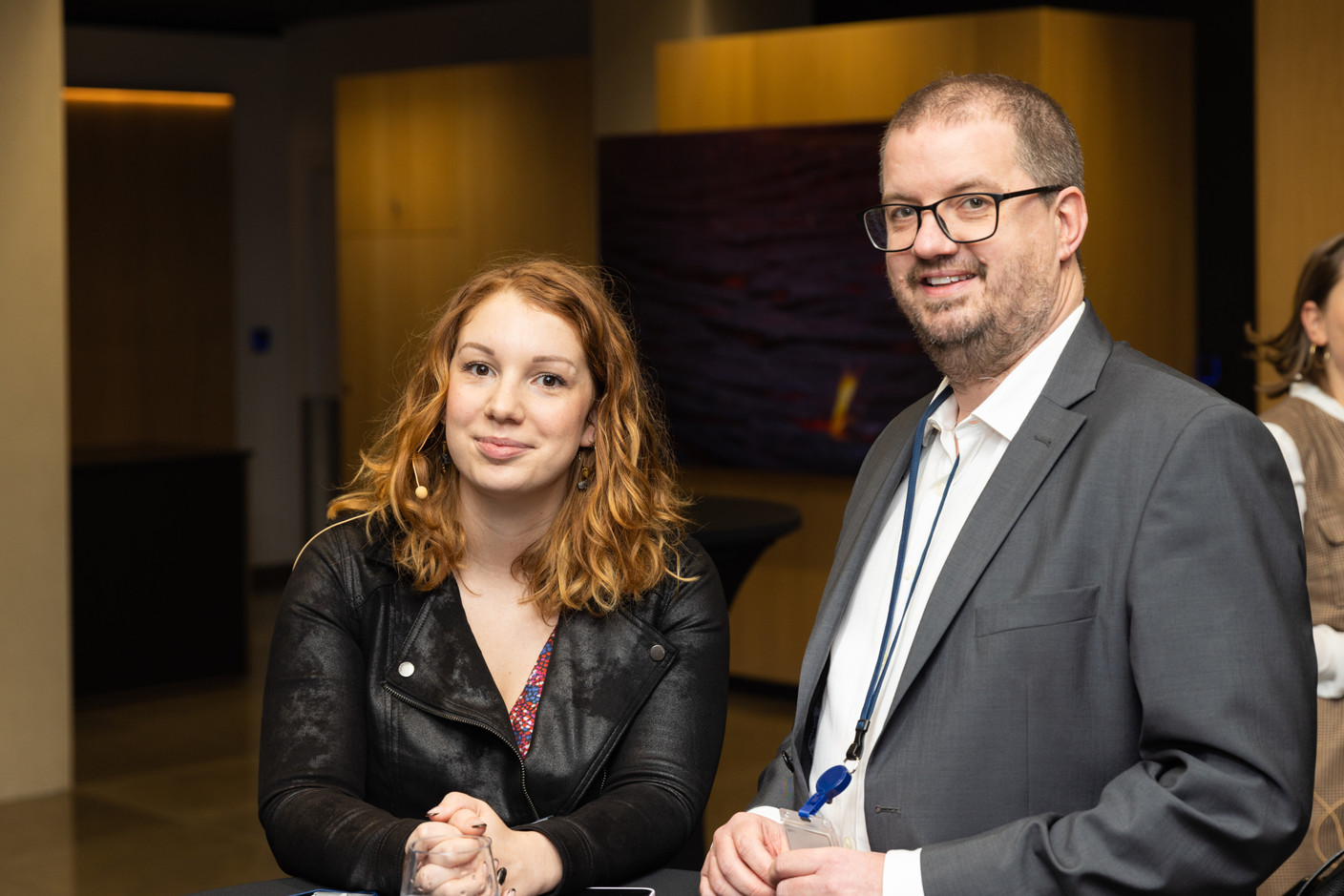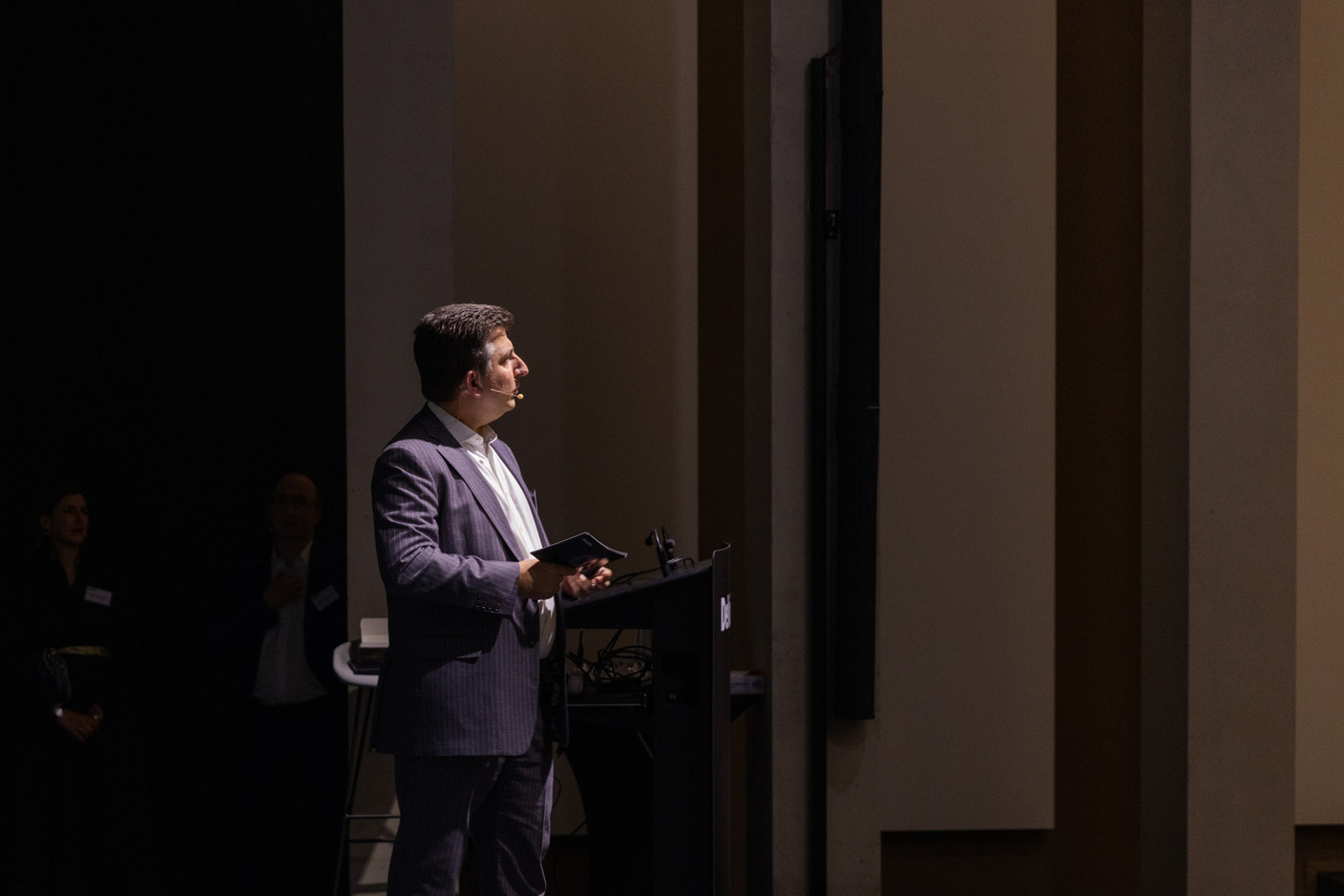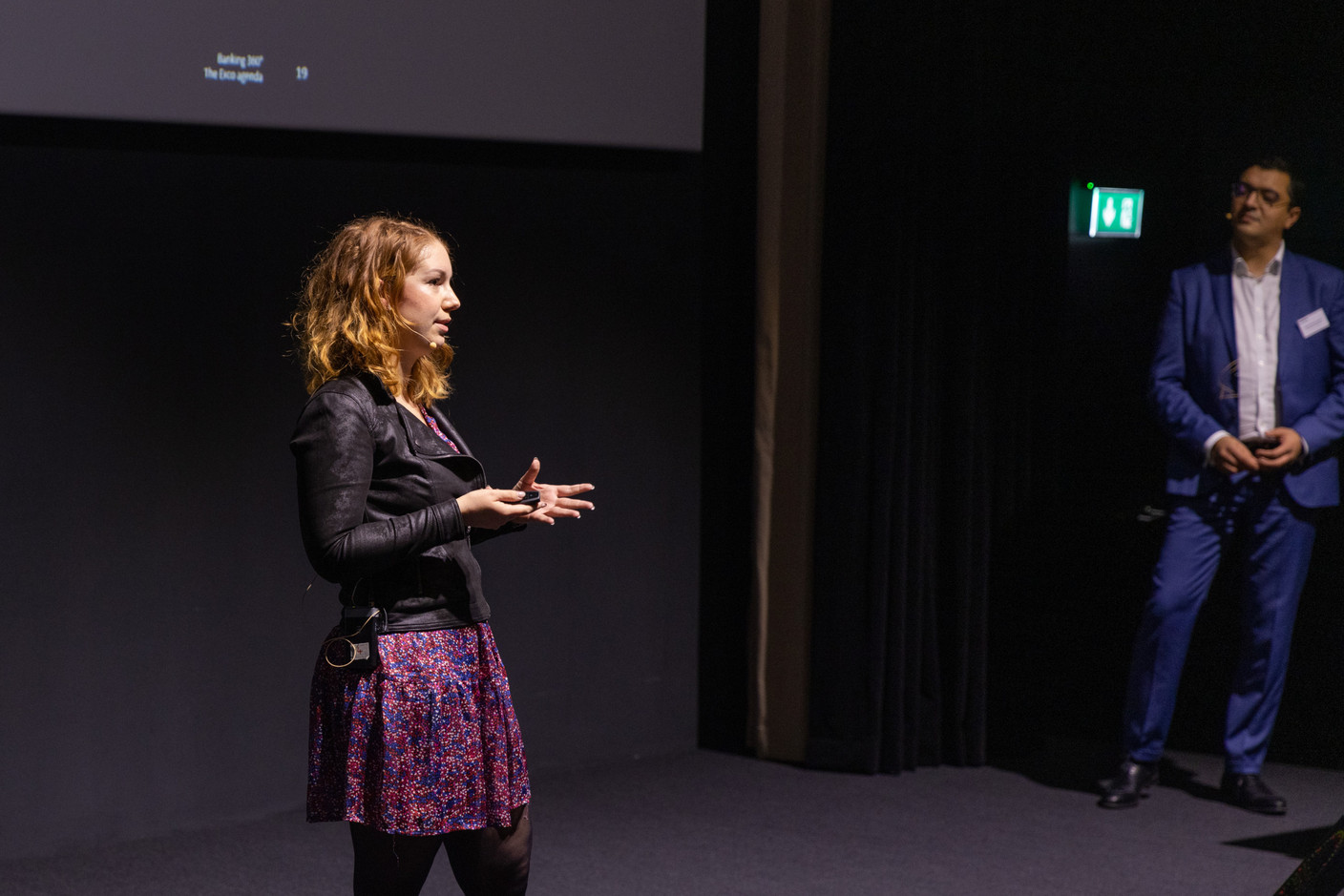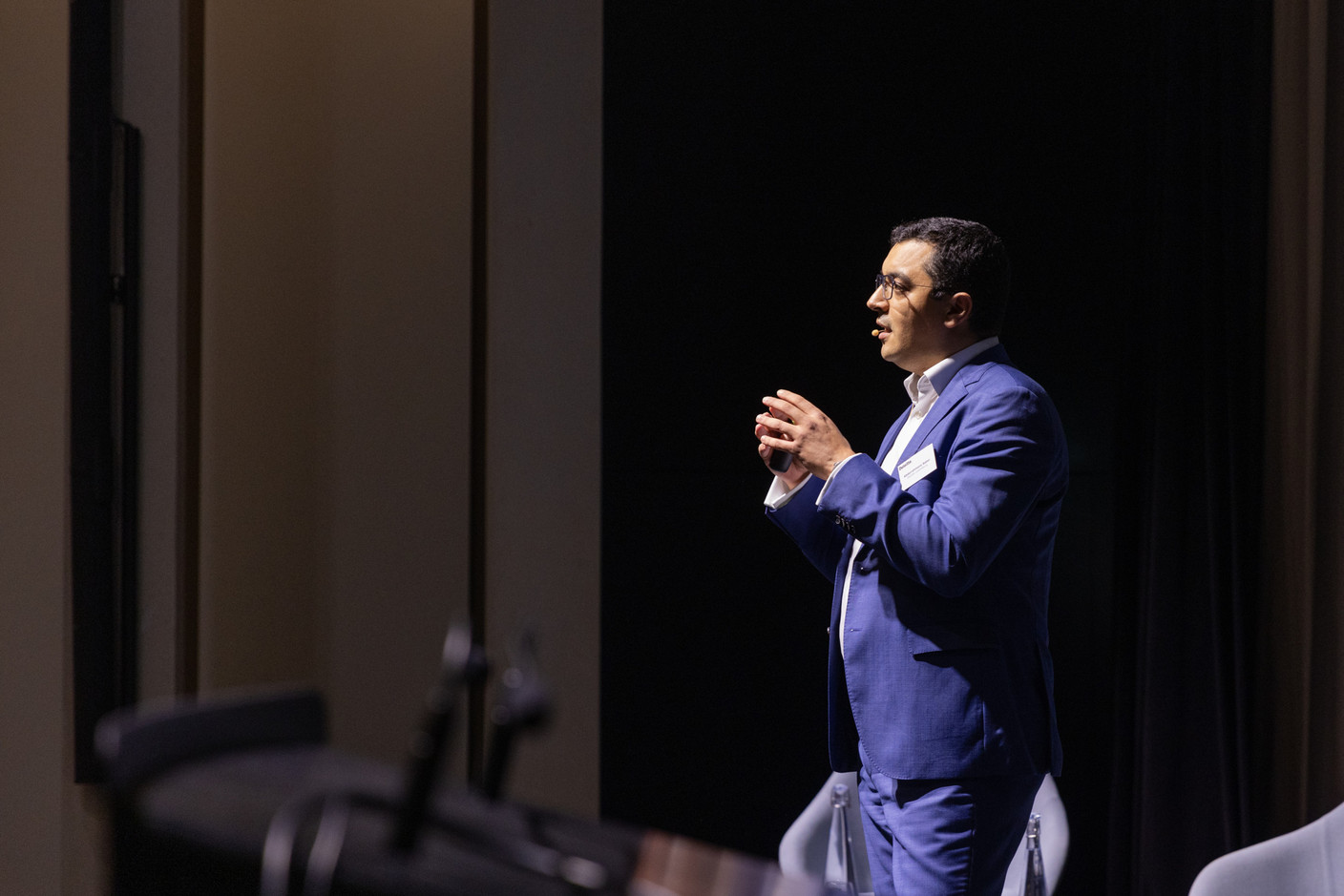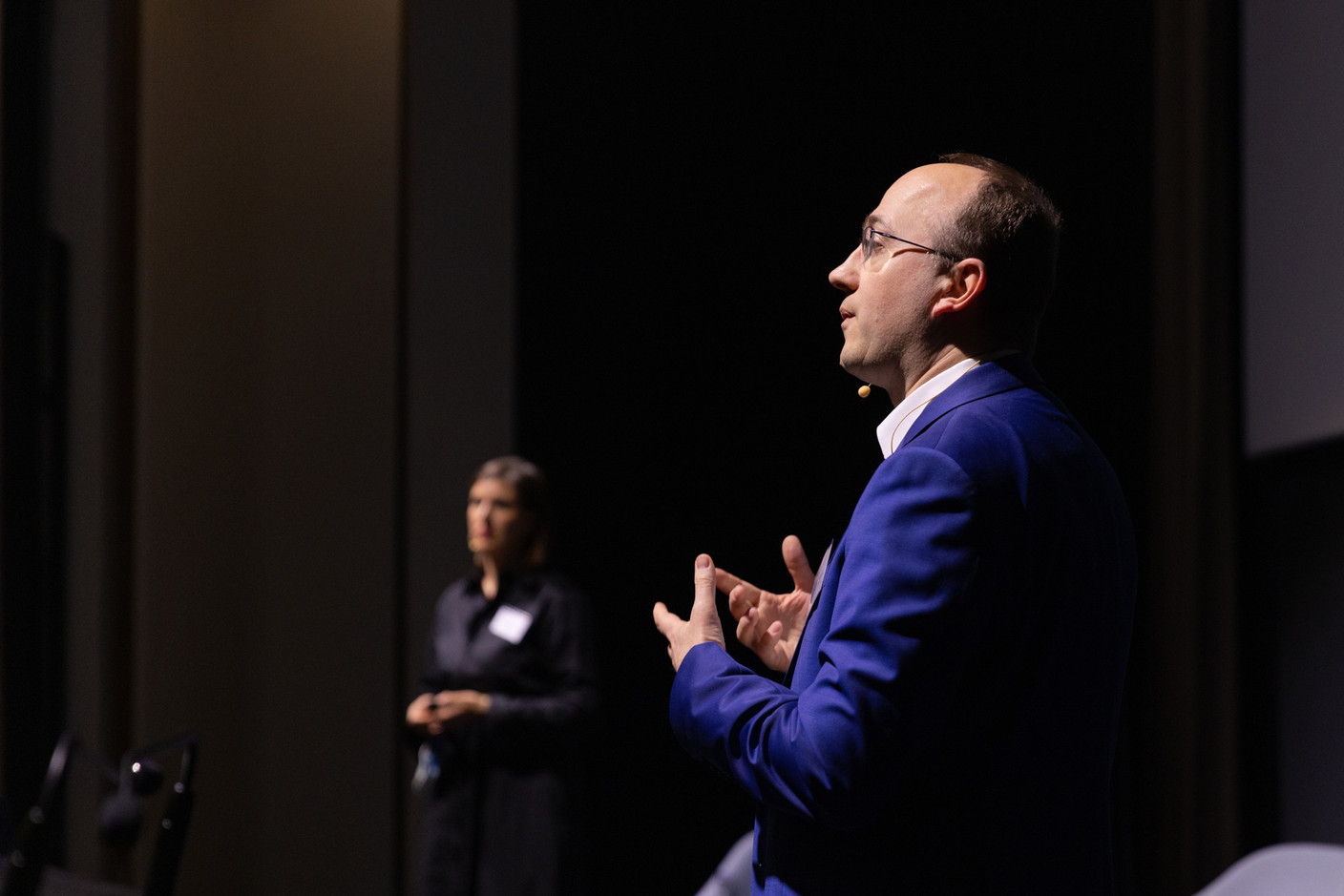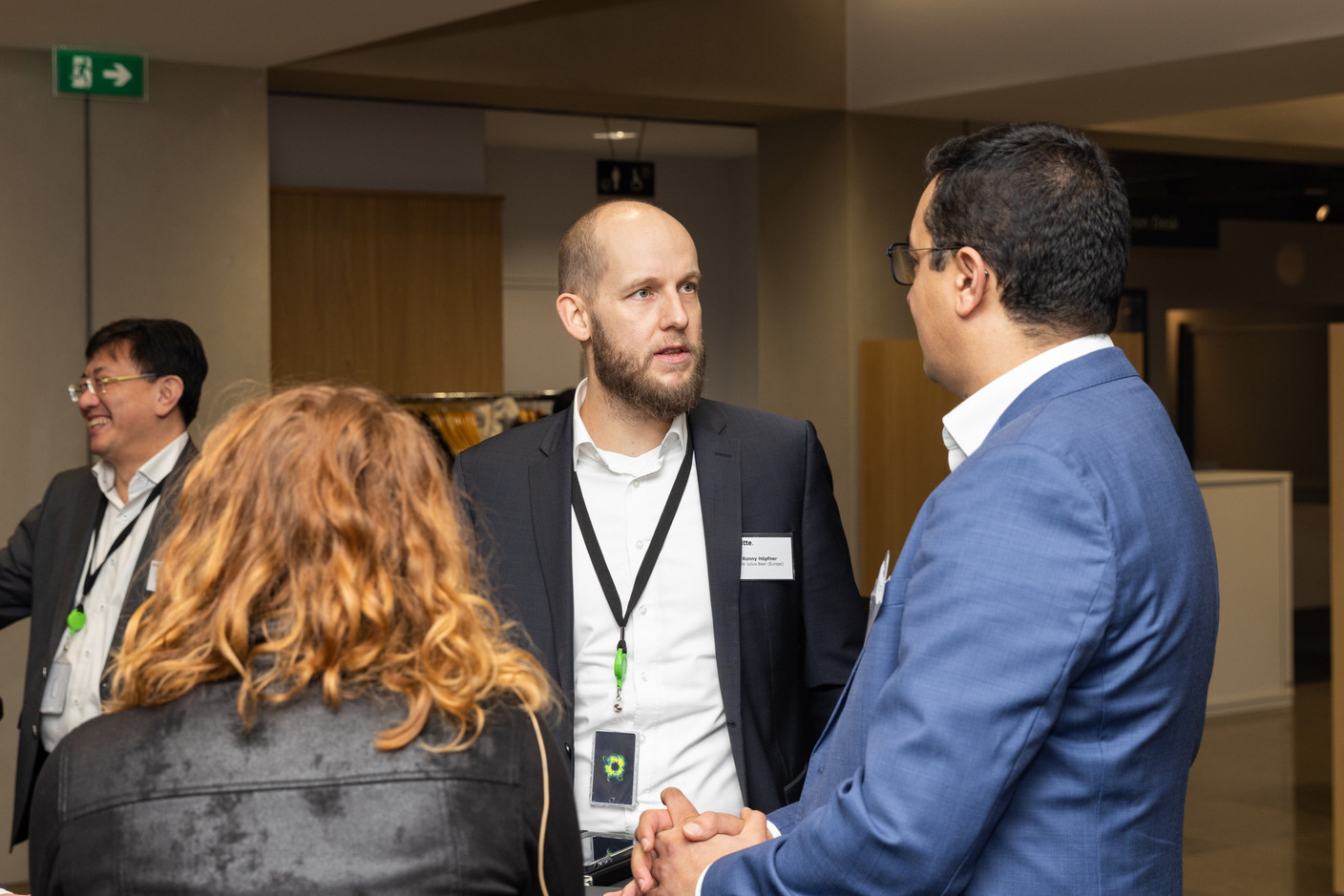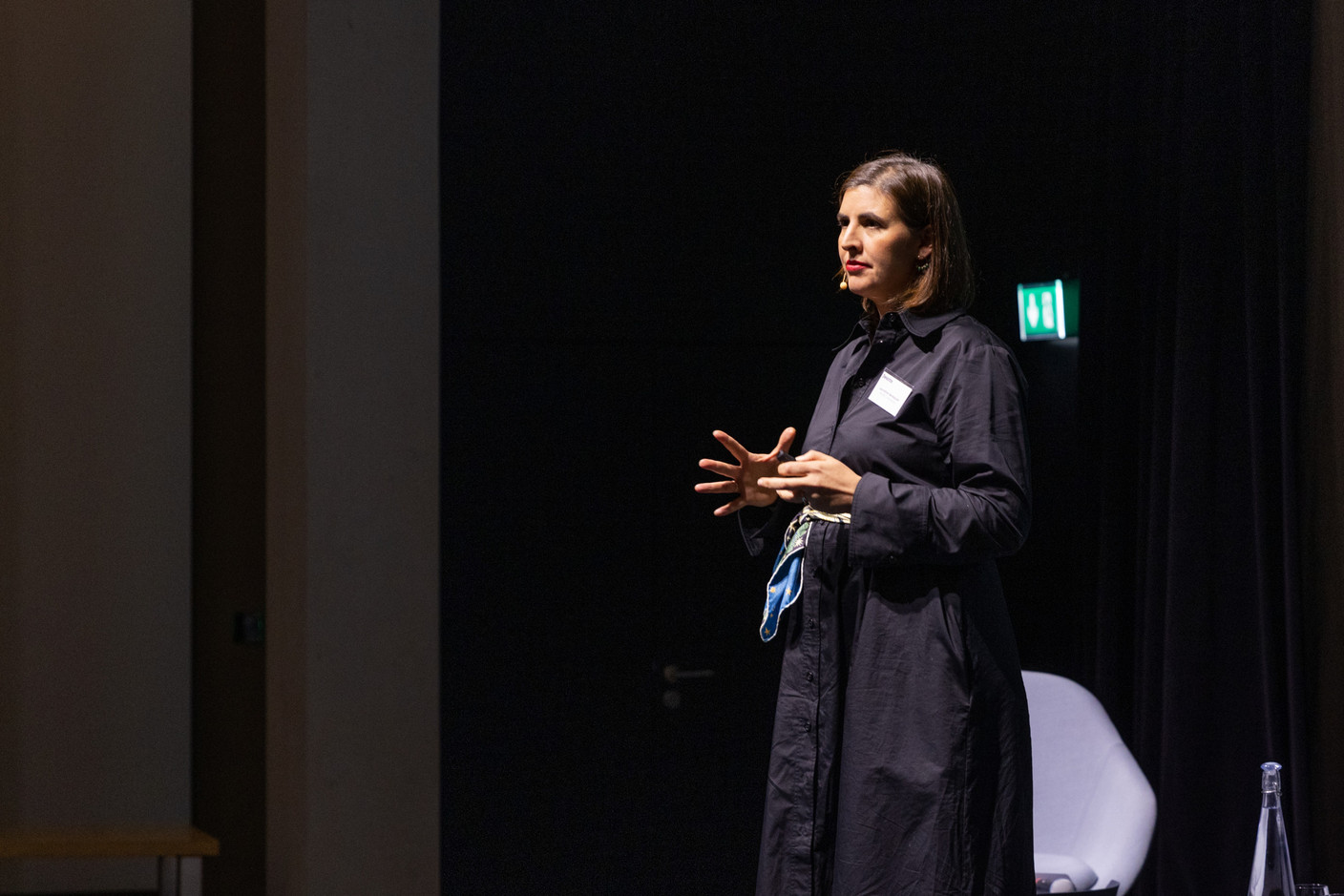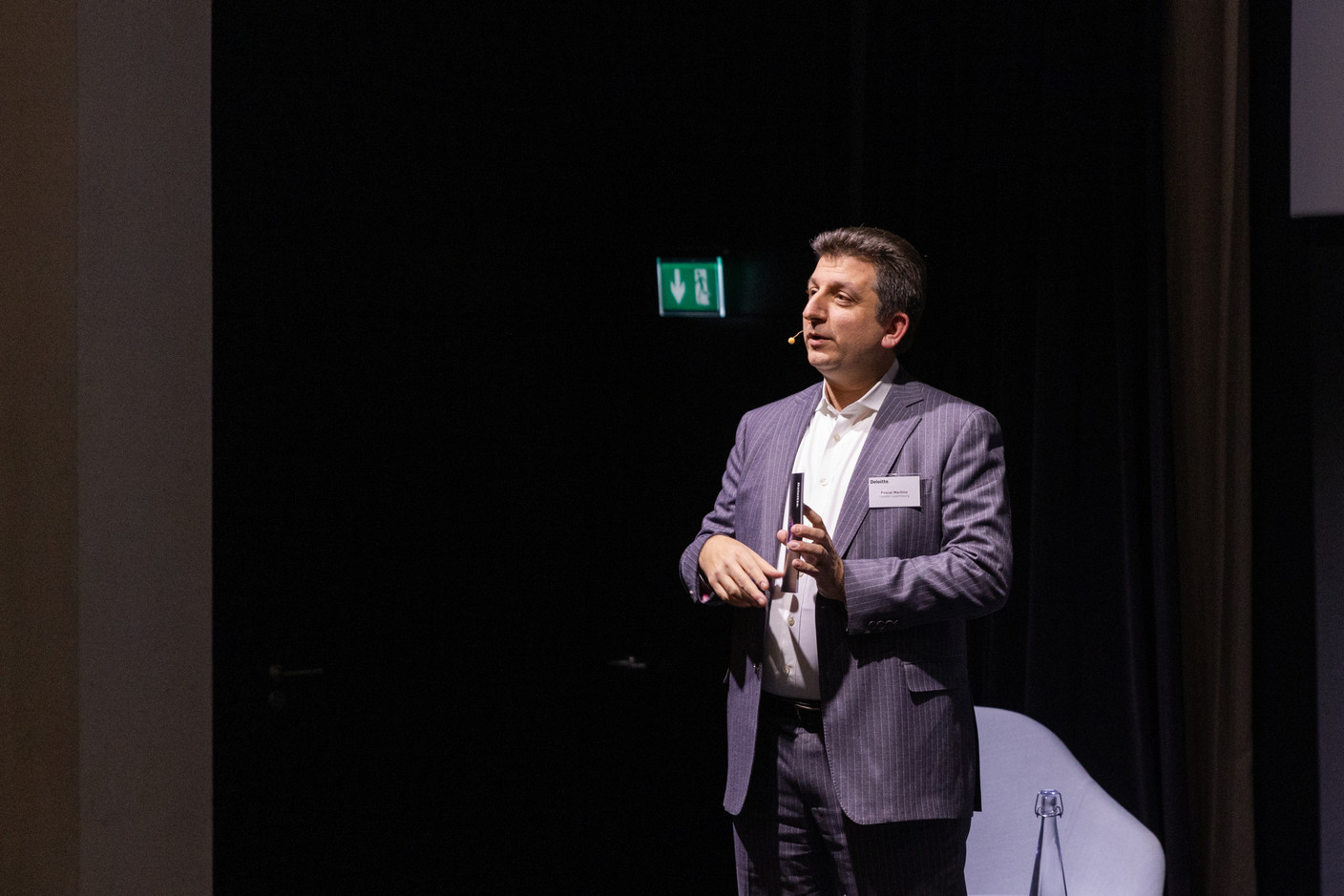, banking leader and partner at Deloitte Luxembourg, delivered the opening speech at the conference. He highlighted the three main objectives of the conference: to discuss “hot topics” in the banking sector for the 12 months to come; to discuss the connections between these topics and not to have a “siloed” approach; and to start the year with personal connections and networking.
The four panels of the conference focused on , efficiently running a business, , and finally differentiation and maintaining competitiveness.
However, Martino noted that the conference preparation started a few months ago, and they were wondering if the conference was focusing on the right topics. With the recent launch of artificial intelligence chatbot ChatGPT, they decided to ask the bot what the priorities for banking in Luxembourg should be.
ChatGPT provided responses such as compliance, risk management, digital transformation, new revenue streams and staying competitive, all of which (conveniently) aligned with the four themes defined by Deloitte.
Jean-Philippe Peters and Laureline Senequier presented the key characteristics of a strategy for resilience, while Marie Cecile Legrand and Abderrahmane Saber talked about running a business efficiently with the rise of teleworking and hybrid working as a result of the pandemic and the importance of communicating with employees.
and focused on expanding beyond core banking services and the role of digitalisation and sustainability in growing a business. The conference finished with a panel on differentiating a business, moderated by Maryam Khabirpour and with the participation of from the Luxembourg Bankers’ Association (ABBL) and from the Pictet Group, during which the speakers highlighted the importance of not becoming complacent. The panellists said that it was key to change the narrative, to portray how the banking industry has been instrumental in weathering crises, and to promote the sustainable development of banking services.
